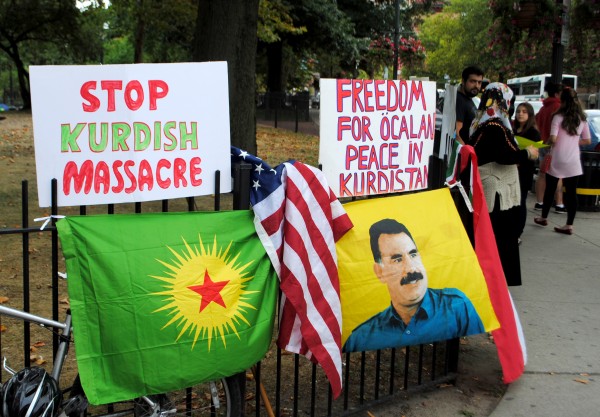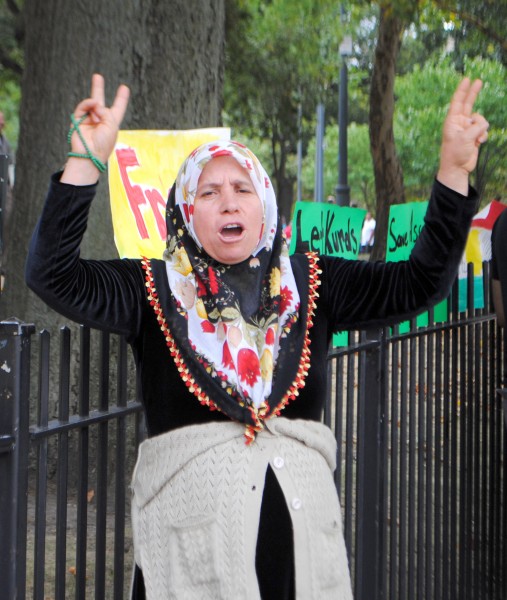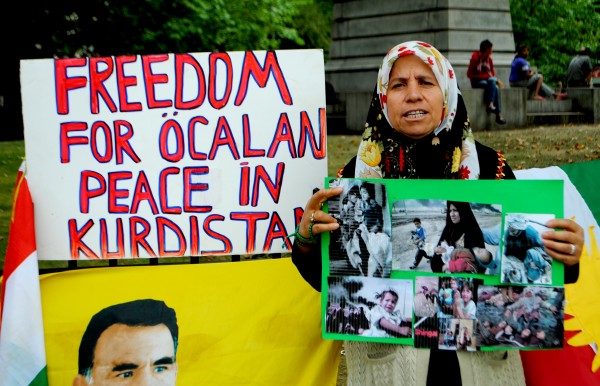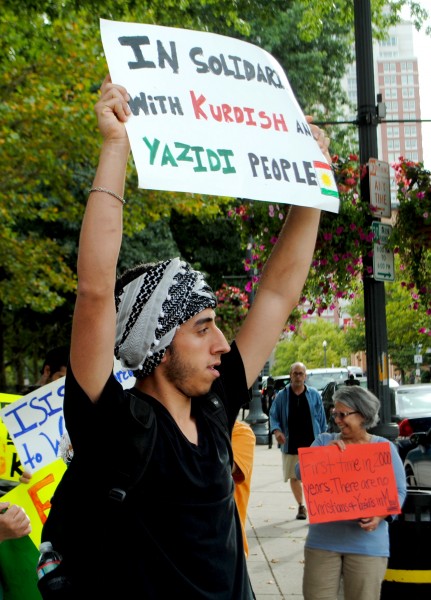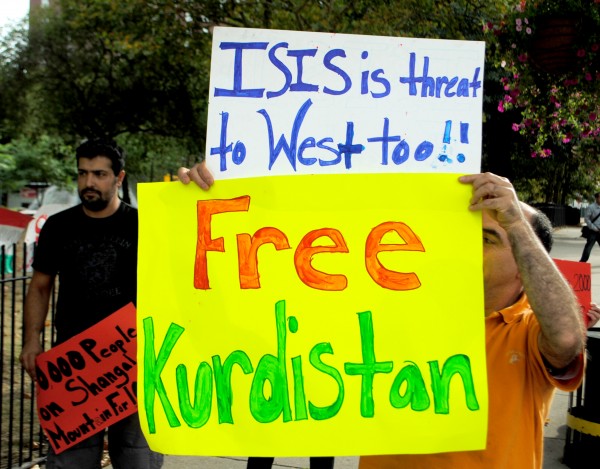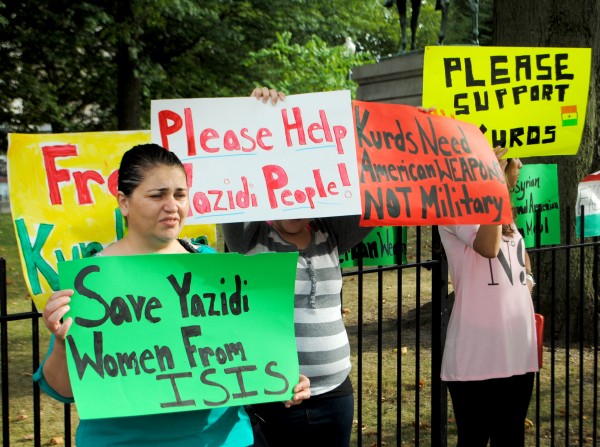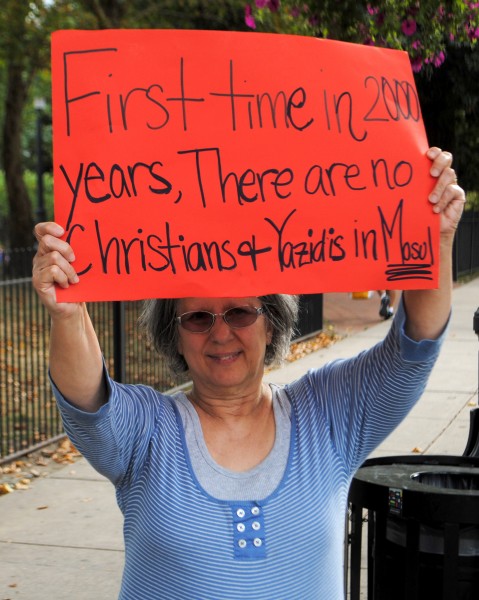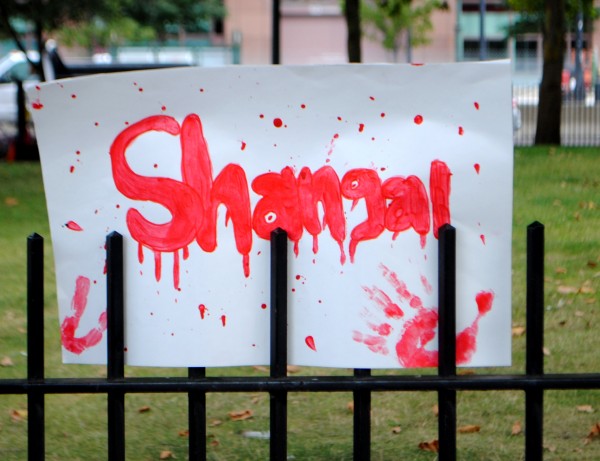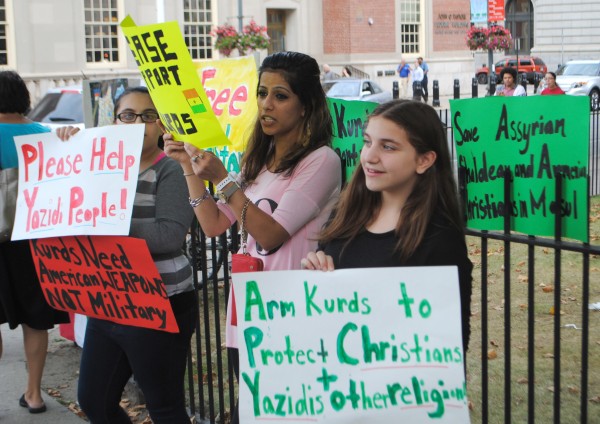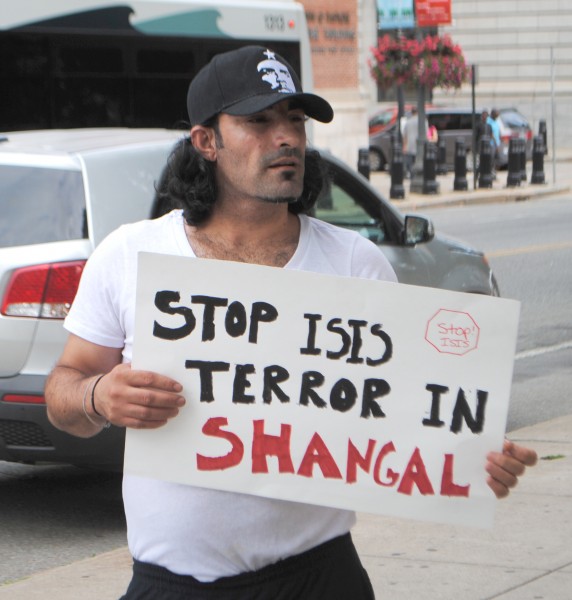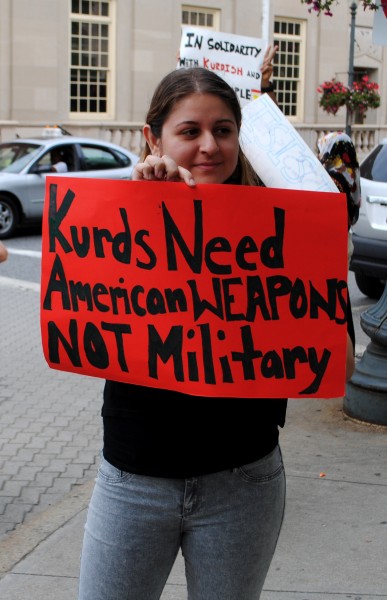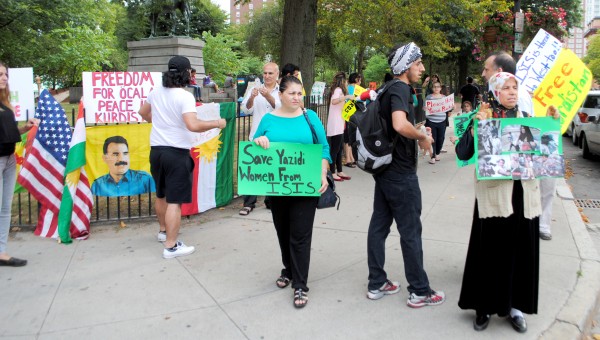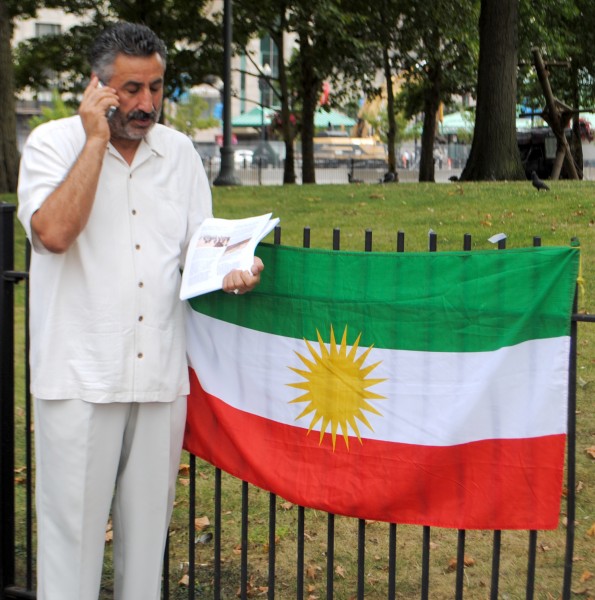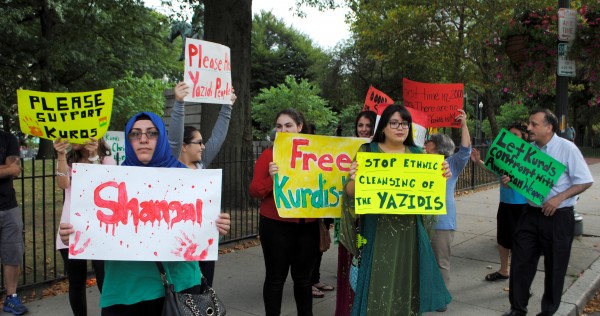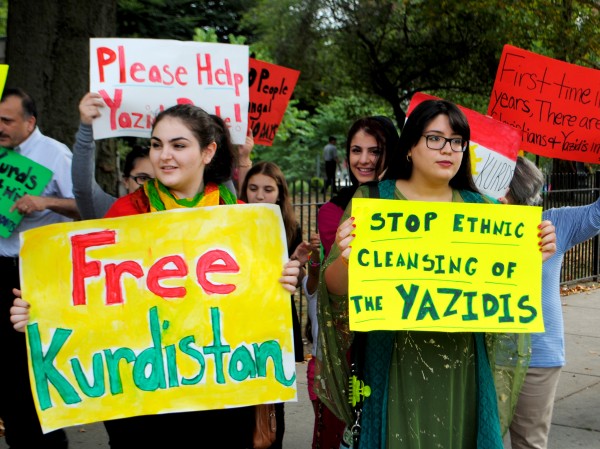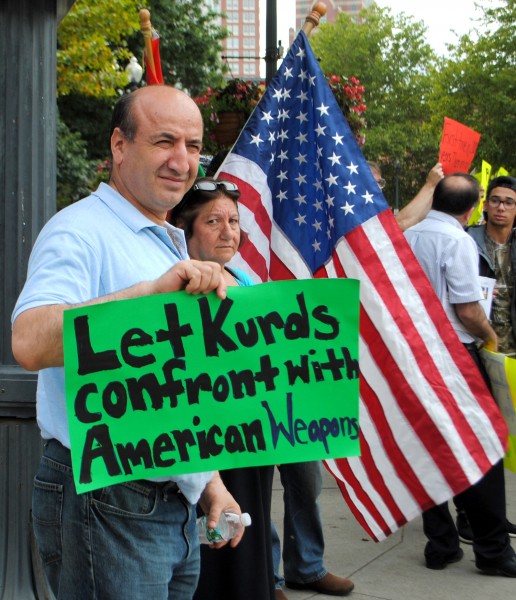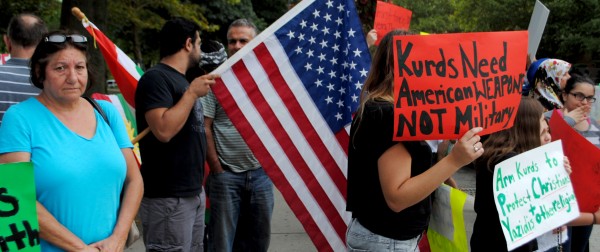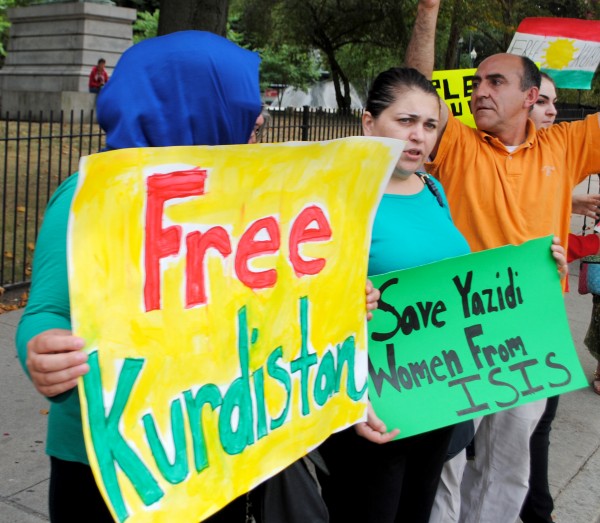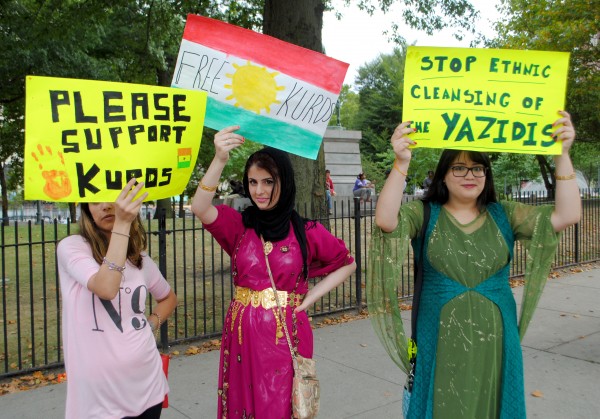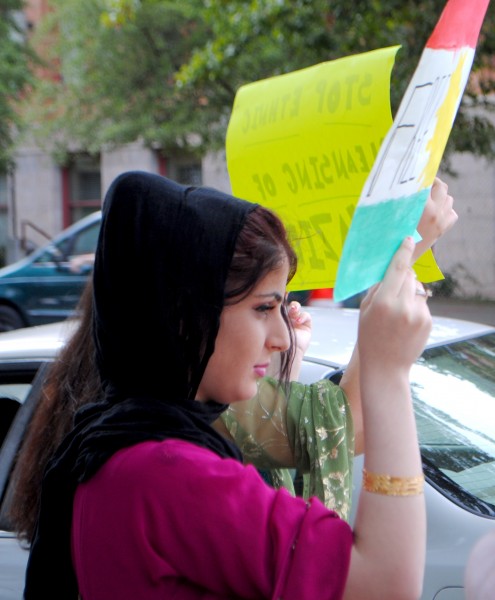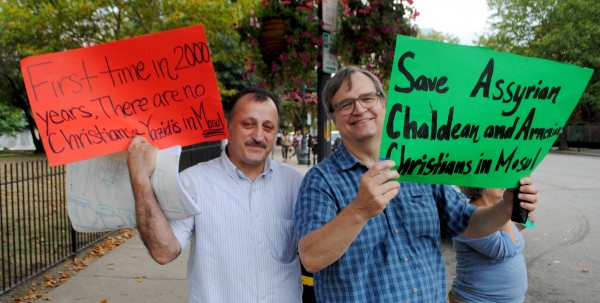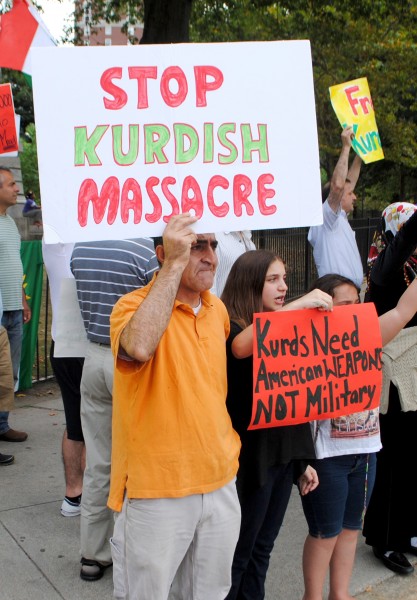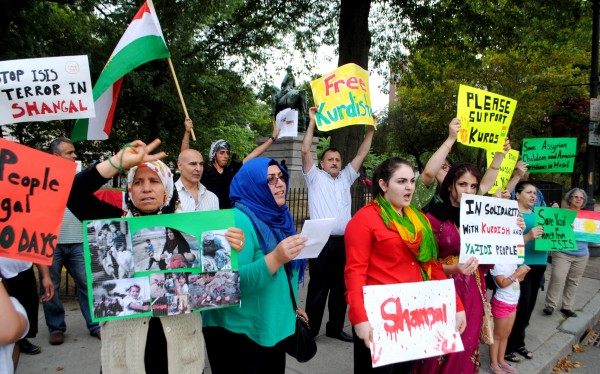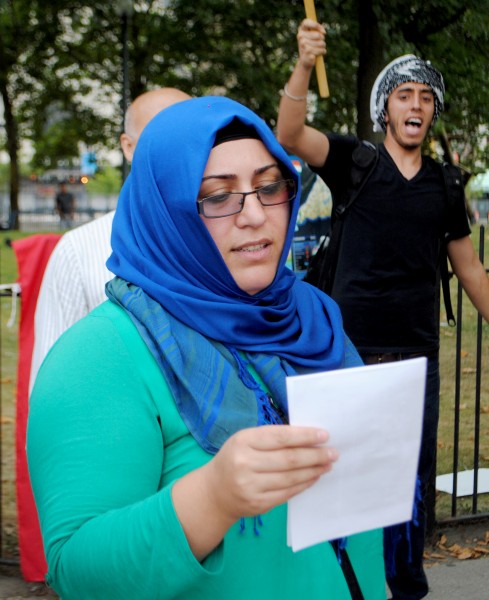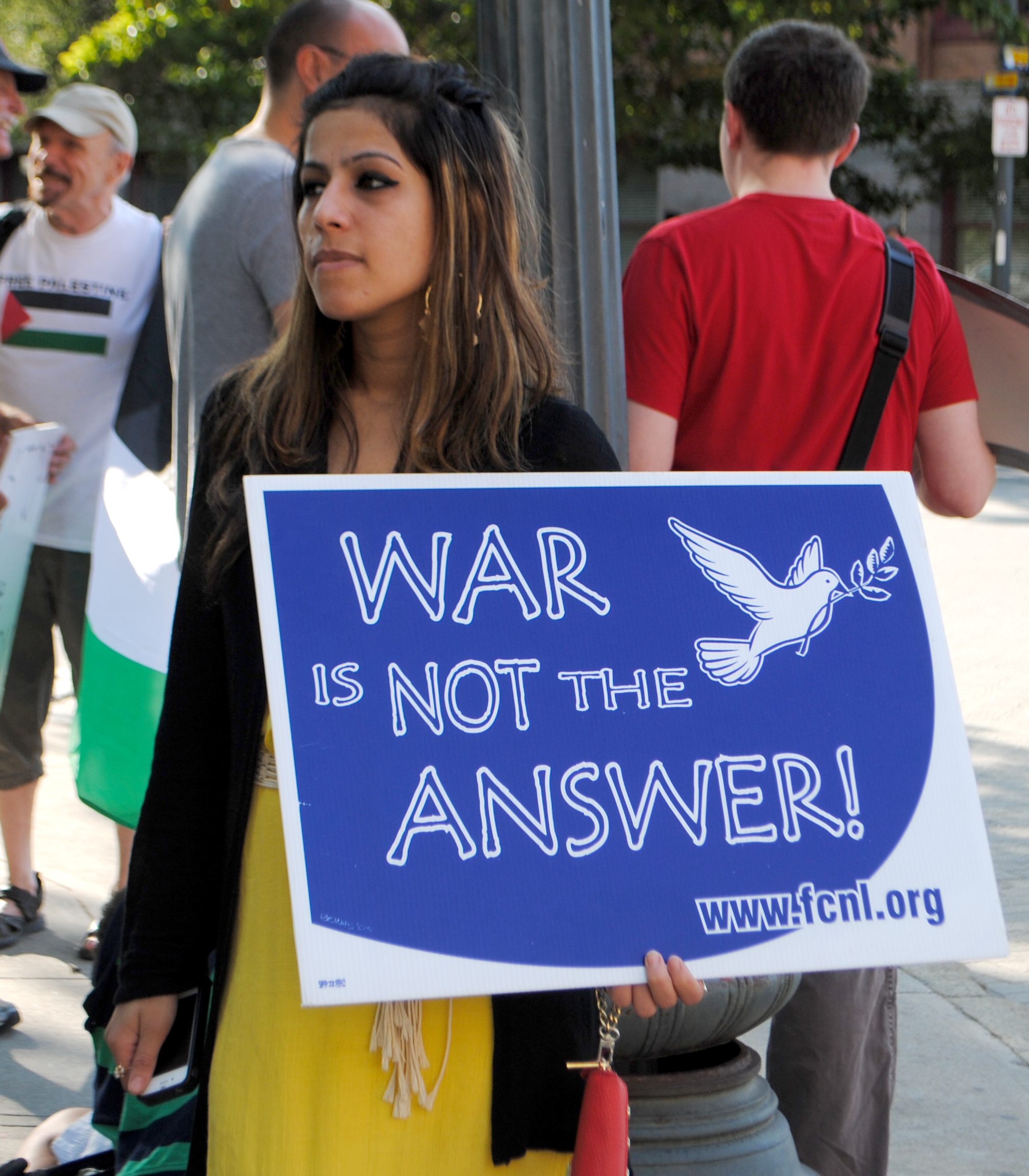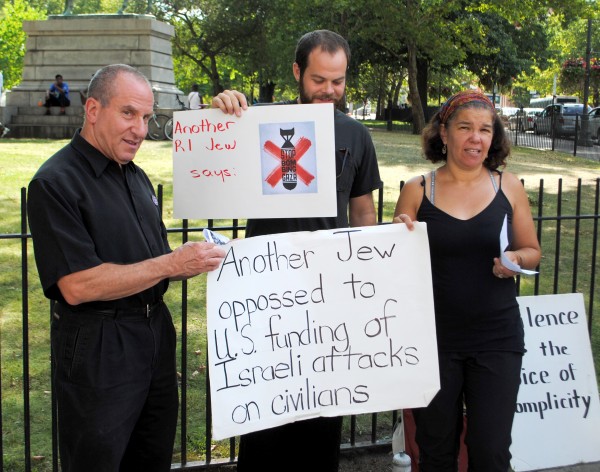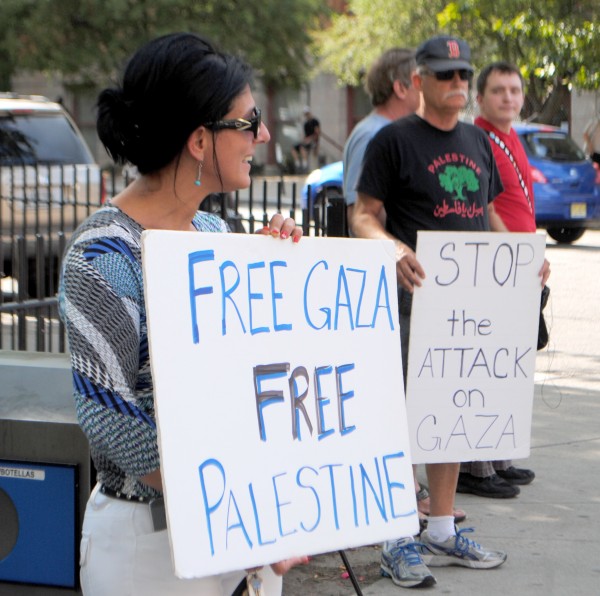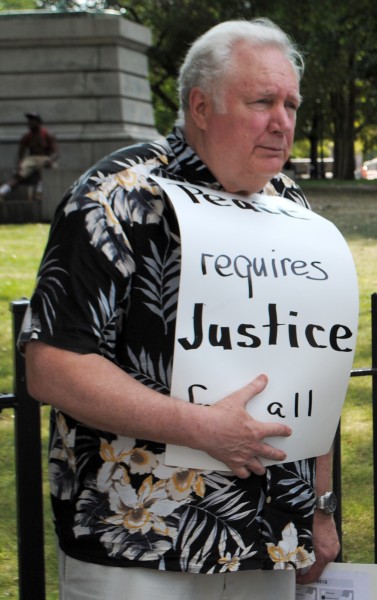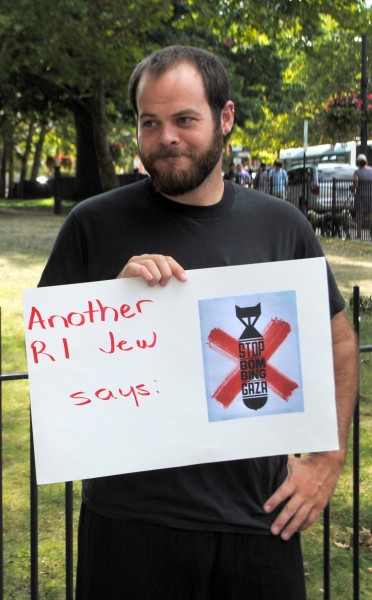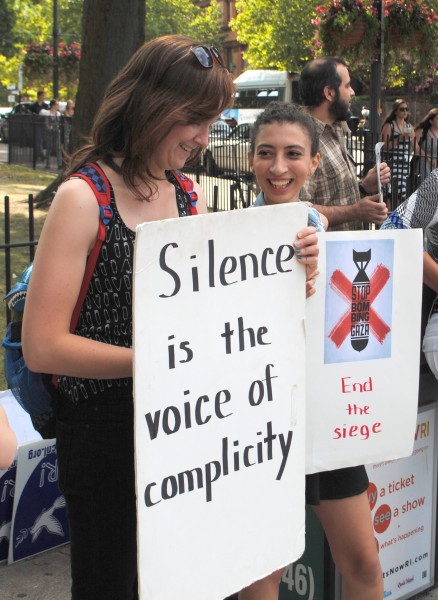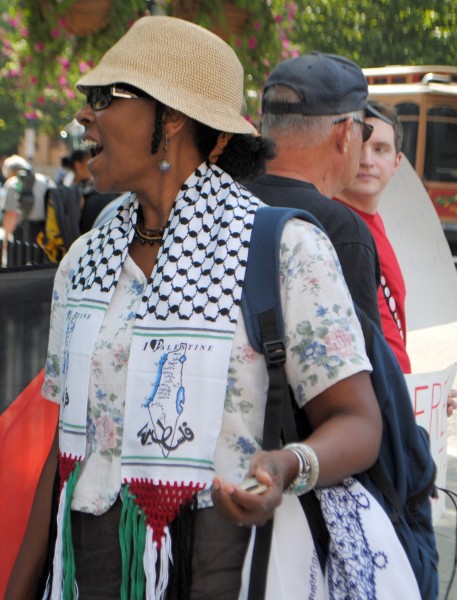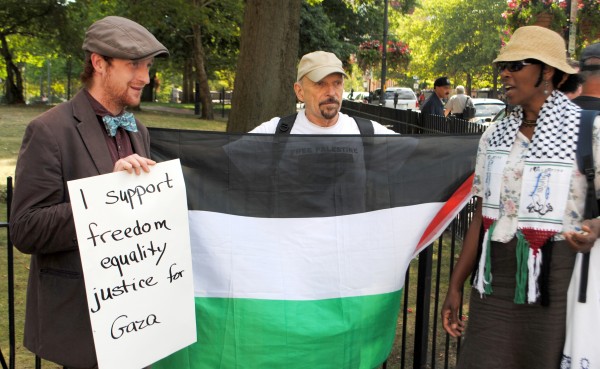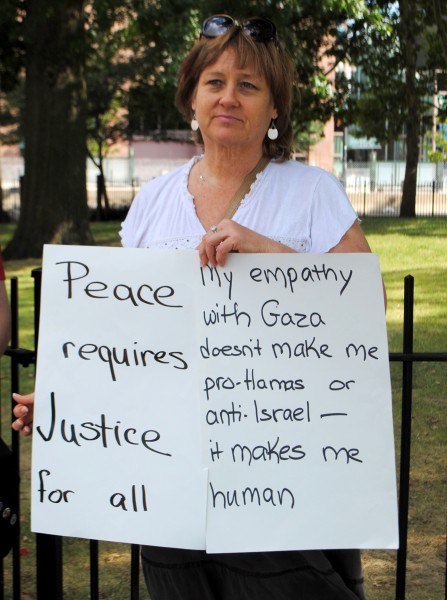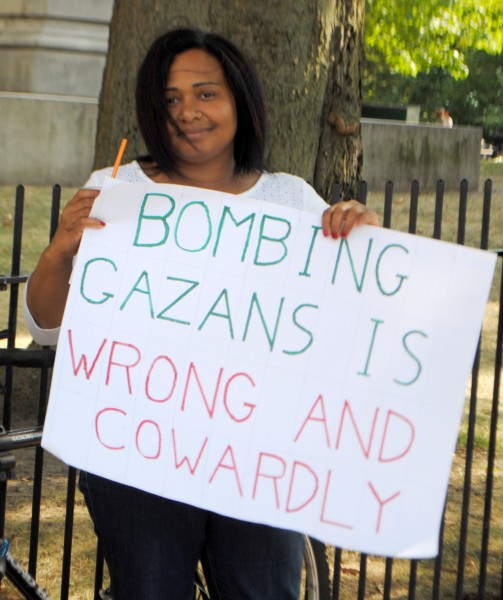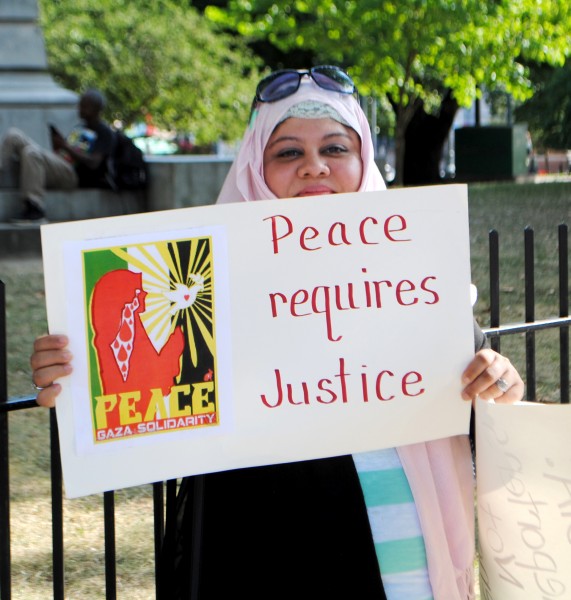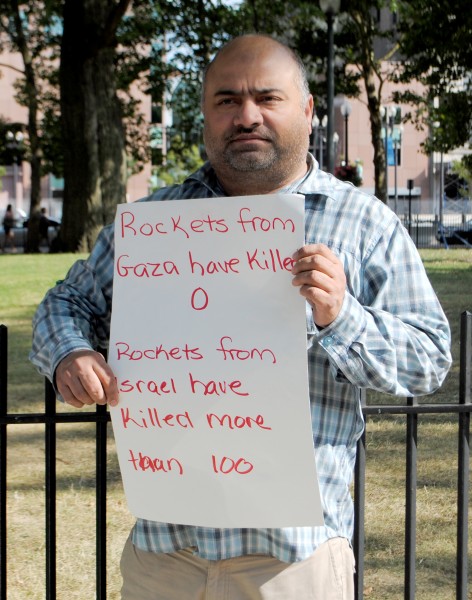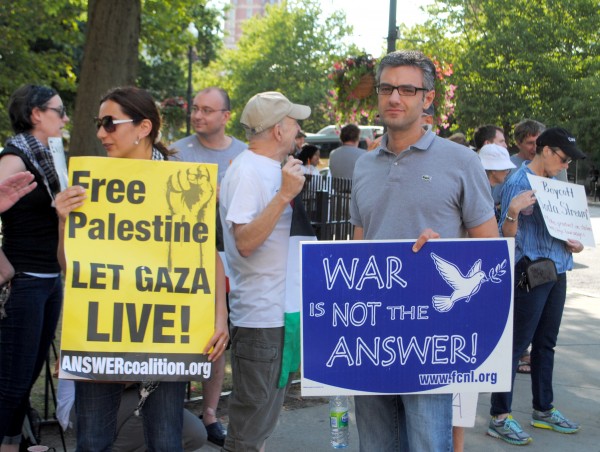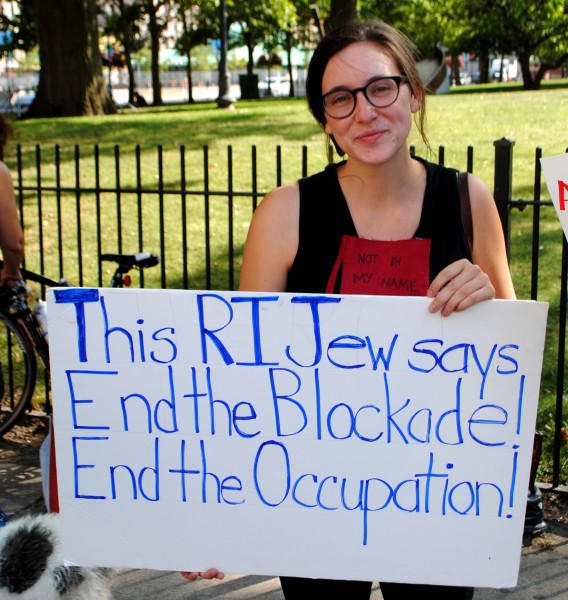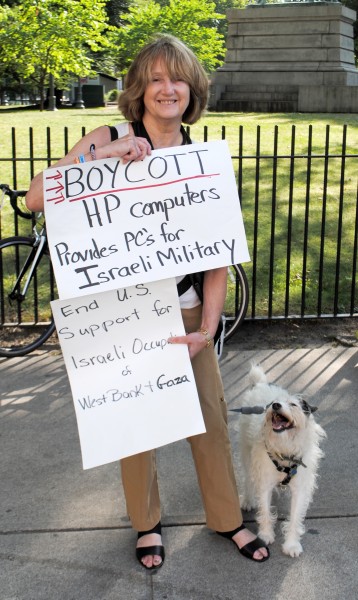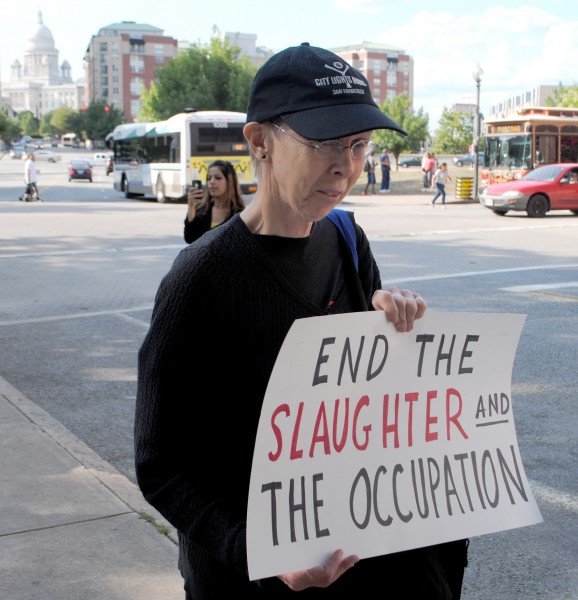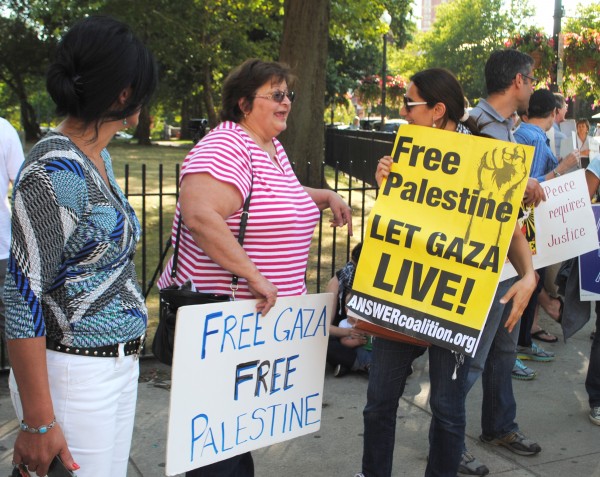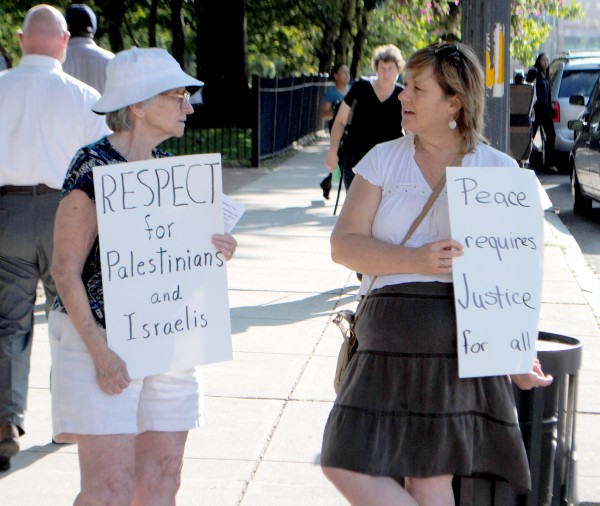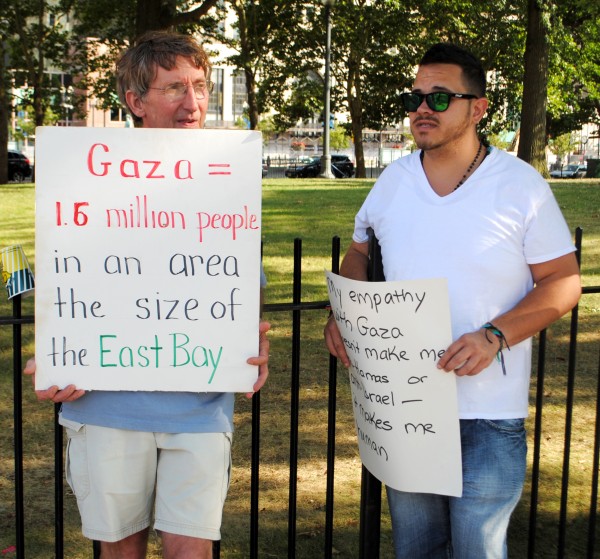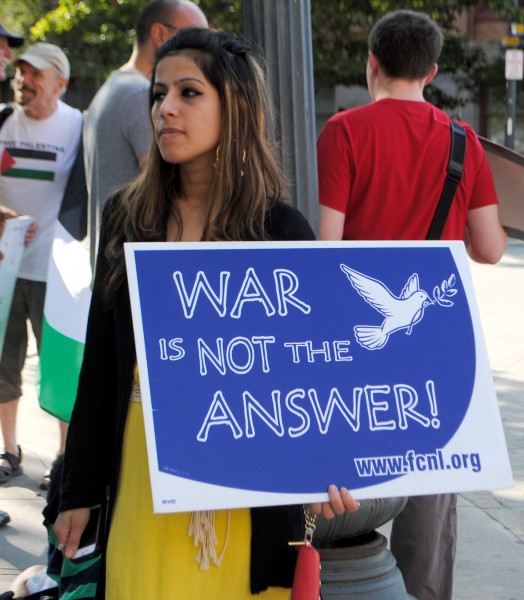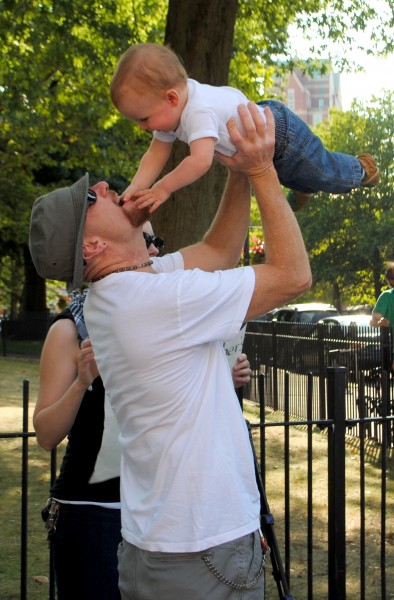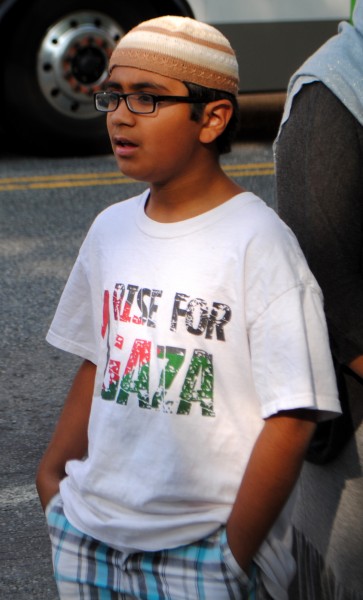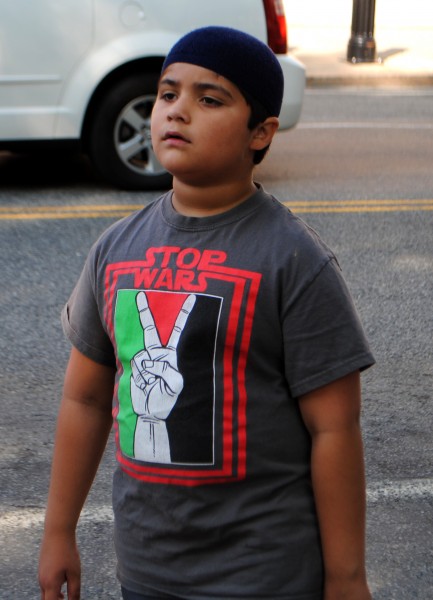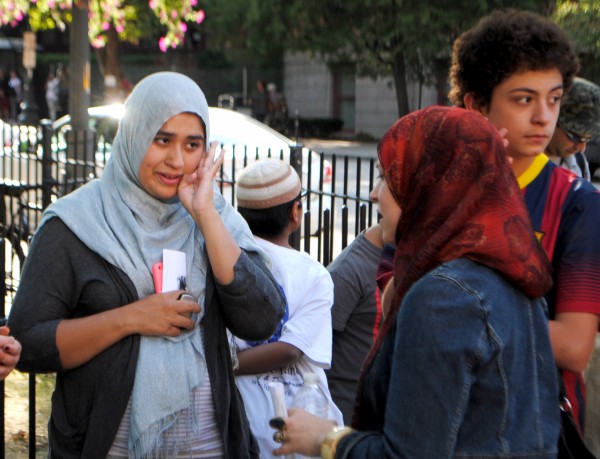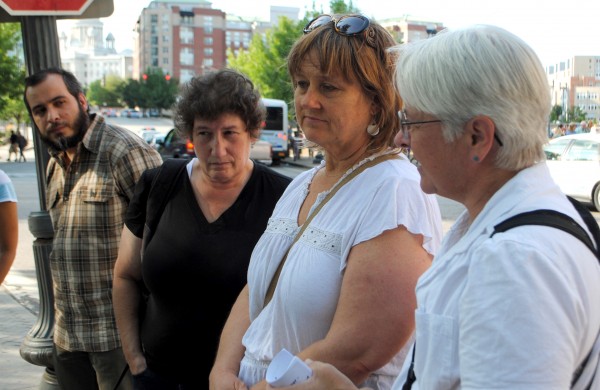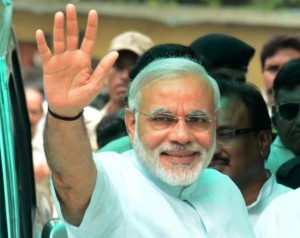
India is a country that seems far away yet is going to play an increasing role in our lives in decades to come. The 1.252 billion populous nation stands behind the United States in GDP ranking and will be one of the largest economies on earth by 2030. Indian art and theology carries a high level of pop cultural interest as sources of New Age mysticism, with interest in yoga, transcendental meditation, and religious literature like The Bhagavad Gita going through ebbs and flows every few years. The Bollywood film genre has become a major source of interest for audiences and academics alike, with Danny Boyle’s Slumdog Millionaire having highlighted the cultural intercourse most prominently. As the years progress, India, much as was the case when it was a British colony, will become a major center of economic and cultural exchange in the global world. Understanding India will prove to be important because we as Americans will find ourselves again and again interacting with businesspeople, students, academics, and migrants from the subcontinent trying to integrate into our own community, and part of that understanding will need to include a basic grasp of the socio-economic and political changes taking place now under the leadership of their new Prime Minister.
On May 26, 2014, Narendra Modi became the 15th Prime Minster of India. Within the past year, the Western media has hailed his government and he has been a prominent figure in the International pages of the New York Times, garnering accolades for streamlining the bureaucracy and helping to grow the economy. Just a few weeks ago he was encouraging Vladimir Putin to take up yoga, now he’s strengthening ties with America and the West, it would appear that he is a genuine wunderkind and the sky is the limit for the Modi government.
But beneath the glitz and glam is a deeply disturbing individual at the center of a reactionary and theocratically-minded social movement that makes the worst of our Evangelical Christian Tea Partiers seem secularized. He was denied a visa and prevented from entering the United States in 2005 by the Bush administration due to his support of a 2002 riot in the state of Gujarat that left up to 2,000 members of the Muslim community dead.
Modi hails from an socio-political organization named The Sangh Parivar, translated as Family of Associations, a right wing nationalist movement espousing a radical philosophy called Hindutva. Ashis Nandy, political psychologist, social theorist, and critic, wrote this about Hindutva in 1991:
Speaking pessimistically, Hindutva will be the end of Hinduism. Hinduism is the faith by which a majority of Indians still live. Hindutva is the ideology of a part of the upper-caste, lower-middle class Indians, though it has now spread to large parts of the urban middle classes. The ideology is an attack on Hinduism and an attempt to protect the flanks of a minority consciousness which the democratic process is threatening to corner… For the believers in Hindutva, the pseudo-secularists represent those who have the style and now doing the pushing; the Muslims represent the fear of being proletarianised. Hence, the hostility to both. On this plane, the sources of Hindutva are no different from that of Islamic fundamentalism… [T]he late Nathuram Godse did not kill the modernist and “pseudo-secular” Jawaharlal Nehru but the ‘arch-reactionary’, ‘anti-national’ sanatani — Mohandas Karamchand Gandhi. After the murder, Nehru could only say that the killer was insane. The modernist Prime Minister found it too painful to confront the truth that Godse was sane, that he knew who was the real enemy of Hindutva.
Sangh Parivar has three branches. There is the para-military Rashtriya Swayamsevak Sangh, RSS, founded in 1925 with blatant links to European fascism. Vishva Hindu Parishad, VHP, the religious wing, promotes a brand of Hindu fundamentalism that is tremendously bigoted and especially targets the Muslim minority of India as a species worst than vermin and has promoted hatred of Christians also. And then there is the Bharatiya Janata Party, a major opposition party in the country that has succeeded in taking power and deepening the ethnic and cultural divides that have already led to mass carnage during the 1948 partition, the various wars and border skirmishes with Pakistan, and the tragedies involving Bangladesh and Kashmir. Modi has been involved in RSS for the entirety of his political career and was interviewed by Nandy in 1992. He wrote a decade later, in the wake of the Gujarat riots:
Almost nothing reveals the decline and degeneration of Gujarati middle class culture more than its present Chief Minister, Narendra Modi. Not only has he shamelessly presided over the riots and acted as the chief patron of rioting gangs, the vulgarities of his utterances have been a slur on civilised public life… I often wonder these days why those active in human rights groups in India and abroad have not yet tried to get international summons issued against Modi for colluding with the murder of hundreds and for attempted ethnic cleansing. If Modi’s behaviour till now is not a crime against humanity, what is?
More than a decade ago, when Narendra Modi was a nobody, a small-time RSS pracharak trying to make it as a small-time BJP functionary, I had the privilege of interviewing him… It was a long, rambling interview, but it left me in no doubt that here was a classic, clinical case of a fascist. I never use the term ‘fascist’ as a term of abuse; to me it is a diagnostic category comprising not only one’s ideological posture but also the personality traits and motivational patterns contextualising the ideology.
Modi, it gives me no pleasure to tell the readers, met virtually all the criteria that psychiatrists, psycho-analysts and psychologists had set up after years of empirical work on the authoritarian personality. He had the same mix of puritanical rigidity, narrowing of emotional life, massive use of the ego defence of projection, denial and fear of his own passions combined with fantasies of violence – all set within the matrix of clear paranoid and obsessive personality traits. I still remember the cool, measured tone in which he elaborated a theory of cosmic conspiracy against India that painted every Muslim as a suspected traitor and a potential terrorist. I came out of the interview shaken… I had met a textbook case of a fascist and a prospective killer, perhaps even a future mass murderer.
And the reason you should be concerned is because a large amount of funding of these folks comes from the Indian diaspora. When Modi was denied a visa, it was because he was planning to address a huge gathering of followers at New York’s Madison Square Garden that would certainly have included an appeal to the checkbooks. To be clear, I am quite conscientious of Orientalism as a type of racism and bigotry towards Indians and members of the Hindu faith. We are in fact seeing the promulgation of a blasphemy, not unlike the prosperity gospel of the Evangelical Christians four decades ago, that intends to politicize a religion and turn it into a method of statecraft. And as was made clear a century ago by Lenin in STATE AND REVOLUTION, states are by default instruments of oppression and violence, saying the state “is a product and a manifestation of the irreconcilability of class antagonisms. The state arises where, when and insofar as class antagonism objectively cannot be reconciled.”
I had the opportunity to interview Arun Ferreira, he is an Indian political activist and human rights advocate who has previously been jailed and tortured by the police under trumped-up terrorism charges.
1. Narendra Modi’s election was seen as a notable event in the Western media, what explains his stature?
It is true Narendra Modi’s election is seen as a notably event in the Western Media. It has added glamour to it because just after 2002 i.e. after the anti-Muslim pogrom in Gujarat under the leadership of Modi, the US had denied Modi a visa on grounds of Human Rights violations. This election is seen by the western media as a makeover of Narendra Modi. However there is no change of heart by the Modi-led administration. As it was back in 2002, Modi was and is still willing to engineer genocides or repressive practices for the sake of so-called development– a development serving the interests of big capital and impoverishing the poor. This is in essence what is so often called the Gujarat model of ‘development’. It is this ‘development’ model that brought him in favour with the big industrialist and financial class translating it into a Modi electoral win throughout the country. The western financial powers led by the US had brought in economic reforms and liberalization in the early 1990s. But having been stalled, they needed someone like Modi to take the process further ahead.
2. It seems, to an outside observer, that he is ramping up the religiosity of the Indian national dialogue and asserting a sort of stance not unlike the American religious conservatives have done in the last 35 years since the election of Ronald Reagan. Is this a fair description?
Narendra Modi’s political party the Bharatiya Janata Party (BJP) had never in the past shied from using religiosity for electoral gains or fascists designs. The BJP, ever since its inception had considerable backing of its mother organization the Rastriya Syamsevak Sangh (RSS) which was established in the 1920’s inspired by Adolf Hitler and Mussolini. In fact early in his political career Narendra Modi was a sambhaag pracharak (regional organiser) for the RSS. The vision of pan-Aryan supremacy is also shared by the BJP and other RSS affiliates and considered as Akhand Bharat i.e. an expansionist national entity to encompass the entire Indian sub-continent. Hence Modi’s religiosity is more of the Hitlerite genre.
3. Where did Modi come from, was this an out-of-the-blue thing or was there a long-simmering Hindu nationalist demographic setting this up?
I have mentioned in my earlier reply a brief history of Modi and the BJP. More details are easily available in the public domain and neither has tried to hide it. At most both the BJP and Modi have tried to camouflage it under the garb of ‘nationalism’ or ‘true secularism’. India has a highly heterogeneous demographic setup and Hindu nationalism has historically been more of an upper caste-upper class experiment to unite the various classes, castes and tribes against the foreign enemy. Hence it played a relatively progressive role in the anti-colonial struggle against the British. In modern times it has a regressive essence and is mainly used to launch attacks against dalits (the most oppressed castes), Muslims, Christians or cultural and national minorities. Hence progressive sections in India termed this pseudo-nationalismt as Hindutva Fascism.
4. What has happened to minority rights since Modi was elected?
With the Modi government it power, it has provided for an umbrella-like cover for all the reactionary forces. There has been an increase in attacks on Muslims and Christians. In some places riots are engineered, in others targeted attacks are done [towards] progressive activists such as Govind Pansare, etc. Though the Modi government has denied any explicit role in these attacks, the fact remains that there is an increase in aggressive Hindutva and anti-minority propaganda by leading members of the BJP or Sangh Parivar (the affiliated organizations of the RSS). While innocent Muslims are detained and falsely arrested in the name of countering terror, the key conspirators in all the anti-Muslim pogroms are scott free.
5. What sort of policies is Modi putting in place that are a counter to the progression Indian society had been making?
As I have mentioned earlier, the Modi government was brought in to hasten the process of globalization and liberalisation in India. He seems to be determined to pursue this goal. For example, he has thrice promulgated the Land Acquisition Ordinance which seeks to smoothen the process of the transfer of agricultural land to big Capital, although the parliament refuses to enact it amidst stiff opposition from the poor.
6. What is the status of the Congress Party and what sort of opposition do they present?
After the 2014 general elections, the Congress Party has been almost eliminated as a major opposition in the parliament. Their numbers are an all time low in the history of post-British India. Having no different model for developing India, they differ with the BJP or Modi administration merely on trivial issues or on the speed at which economic reforms are to be taken ahead. Also on both Internal and External security concerns they almost share the Modi administration’s vision. If at all there is a difference, the Modi one is a shade more aggressive. Hence, at present their opposition is mainly opportunistic and filled with symbolism.
7. How has Modi dealt with the Naxalites [a Maoist insurgency that has made significant impact on behalf of farmers and poor people]?
Vis-à-vis the Naxalites, the Modi administration has continued the previous government’s Clear-Hold-Build counter-insurgency strategy. Through ‘Operation Greenhunt’ the previous government launched a massive military offensive against the Naxalites. The State had conducted extra-judicial killings and cultivated Contra-style militias like Salwa Judum to eliminate the Naxalites. Though such methods had faced severe criticism by civil society and the judiciary, the new Modi government continues to advocate the same, albeit in new avatars. In fact, like the earlier government, the Modi [government] is also preparing to use the Army against the Naxalite movement.
8. Do you see a great deal of violence still to come?
With the Modi government having had the history of great electoral wins after each communal pogrom, it is but natural that it will continue to use this strategy further. On the other hand peoples’ movements are continually faced with indiscriminate arrests, imprisonments, and targeted murders. Yes, I do see a great deal of violence still to come. Right from his days in Gujarat, Modi has been known to bring in globalization by such methods.
9. India has recently opened itself to Western defense contractors, do you see this as an attempt for quick cash or is there a geopolitical issue at hand here in regards to China and Russia?
I definitely see it as a geopolitical issue. In matters of foreign affairs, Modi has been keen to appease the US administration and present India as a reliable Western ally in South East Asia and as a counter-balance to the growing influence of China. Compared to the earlier Congress-led government, the present one has been more aggressive. The recent defence contracts with the US have to be seen in this light.





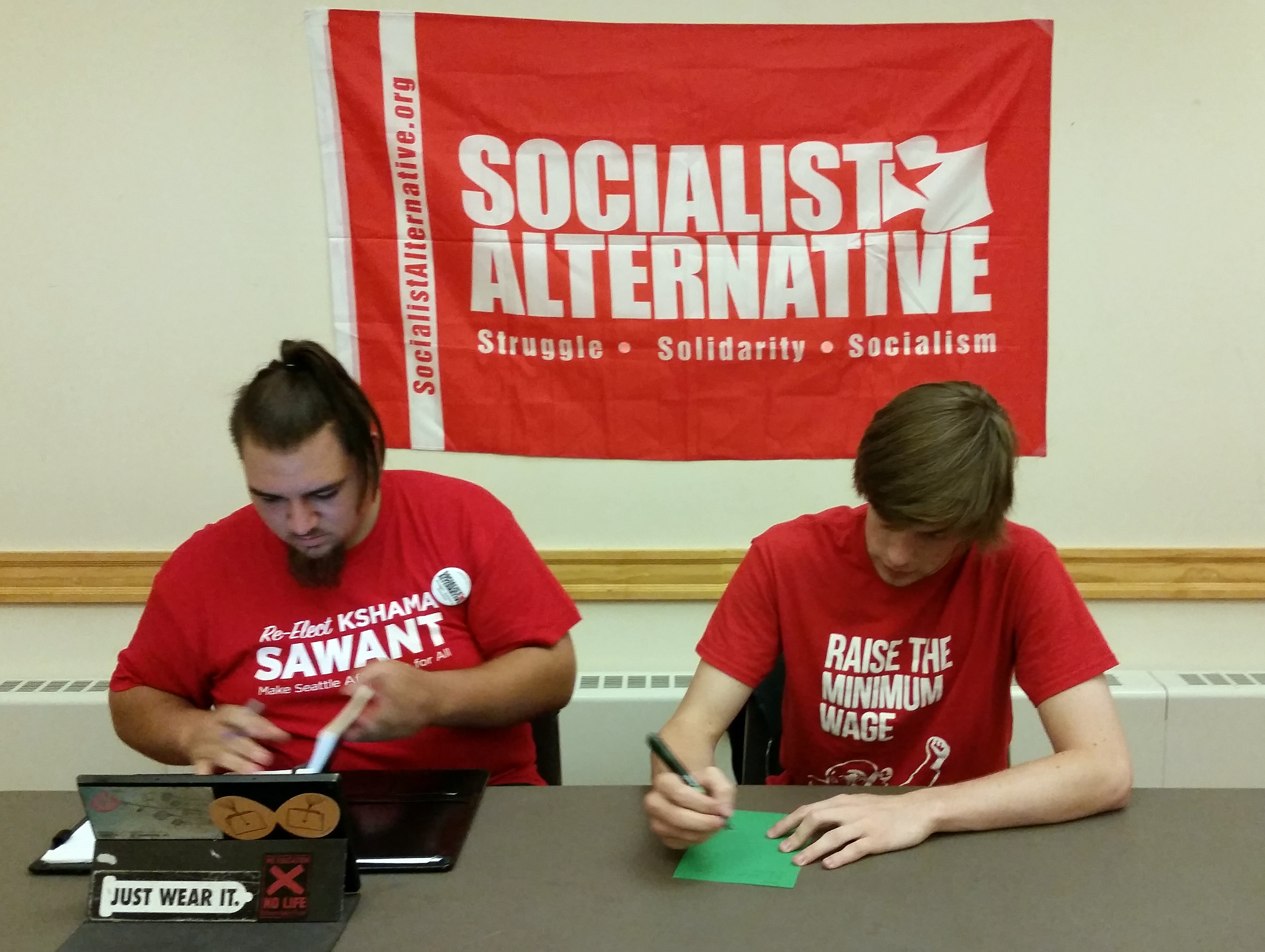
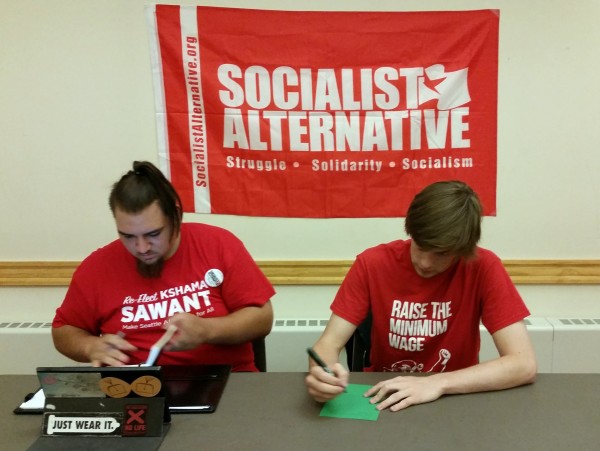
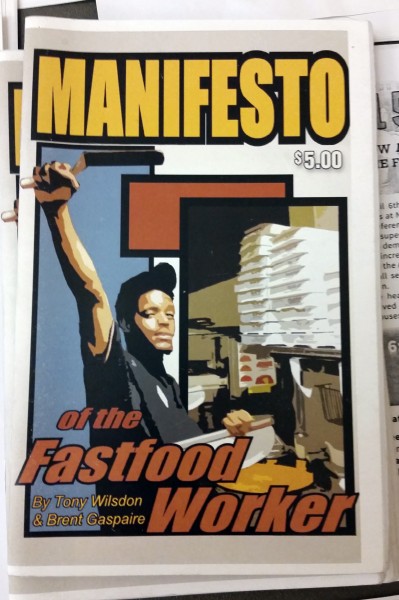 During her first two years in office Sawant has lead the successful fight to raise the minimum wage to $15 in Seattle, fought to stop evictions and institute rent controls with an eye towards affordable housing for all, and helped pass a resolution to change Columbus Day to Indigenous People’s Day.
During her first two years in office Sawant has lead the successful fight to raise the minimum wage to $15 in Seattle, fought to stop evictions and institute rent controls with an eye towards affordable housing for all, and helped pass a resolution to change Columbus Day to Indigenous People’s Day.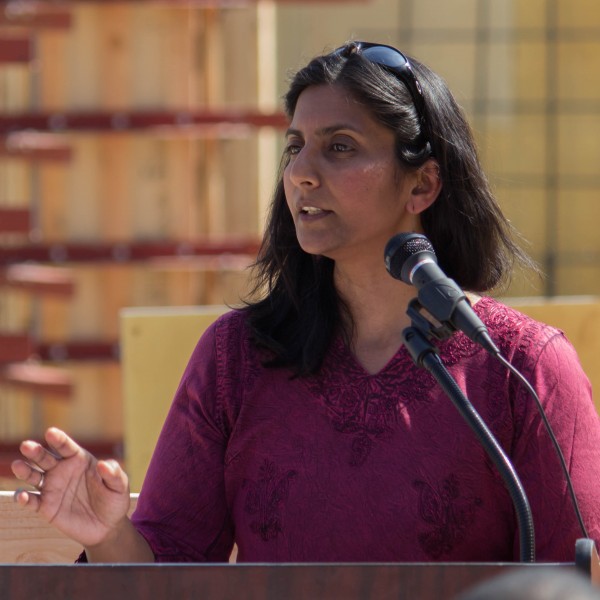

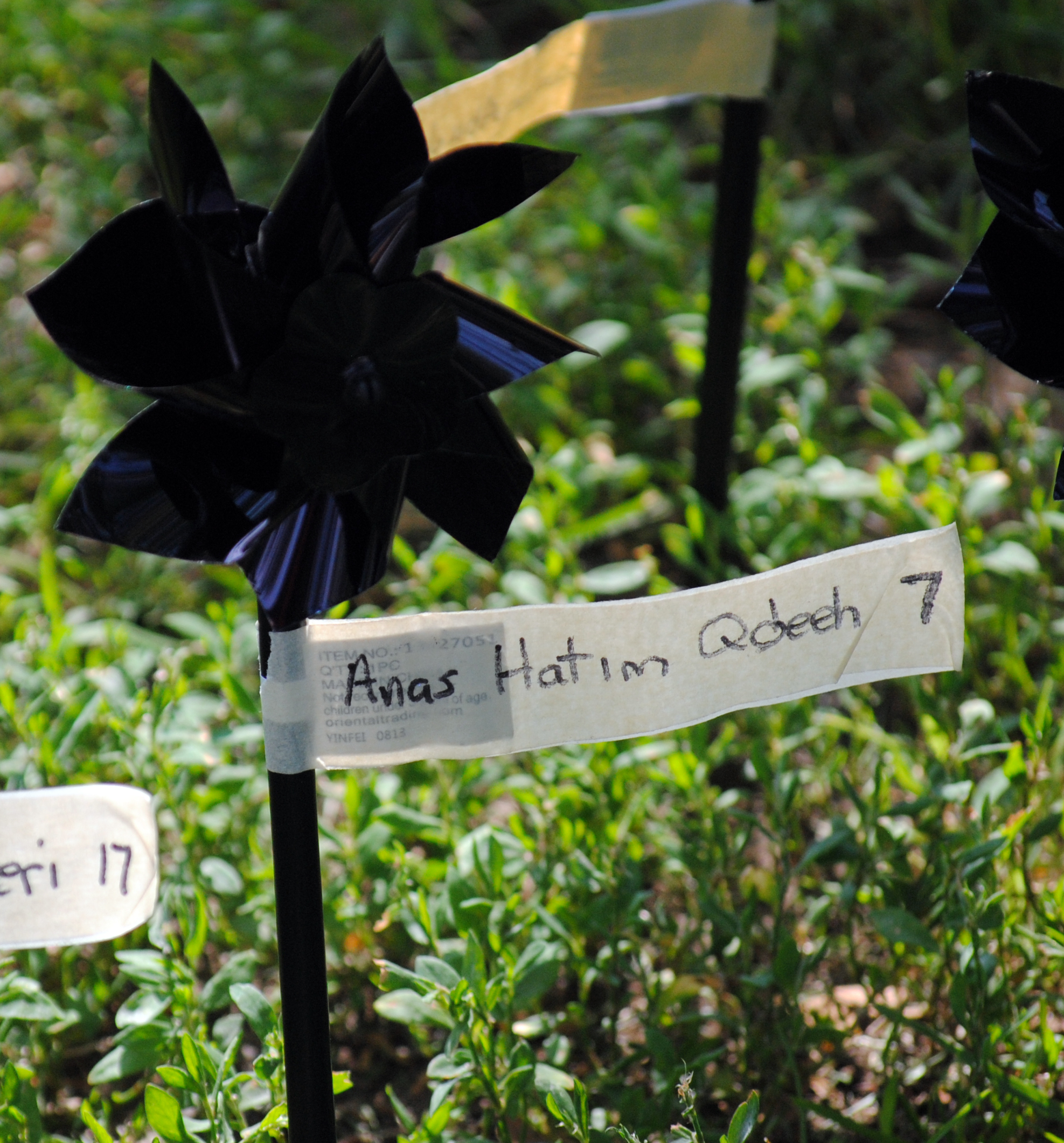
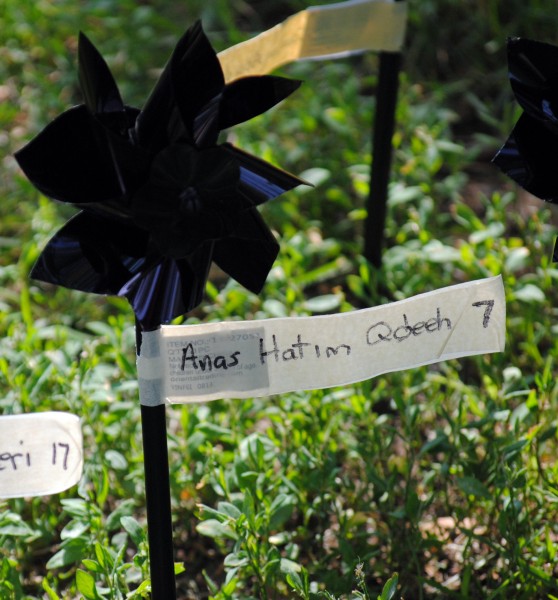 Dexter Field in Providence was the site of an emotive, almost overpowering memorial to the 522 children who lost their lives in the senseless war between Israel and Gaza which began one year ago on July 7. One black pinwheel was created for all of the 521 Palestinian children and the one Israeli child who lost their lives. Each pinwheel was then labeled with the name of the child and planted in the grass near the corner of the park by Martha Yager of the American Friends Service Committee.
Dexter Field in Providence was the site of an emotive, almost overpowering memorial to the 522 children who lost their lives in the senseless war between Israel and Gaza which began one year ago on July 7. One black pinwheel was created for all of the 521 Palestinian children and the one Israeli child who lost their lives. Each pinwheel was then labeled with the name of the child and planted in the grass near the corner of the park by Martha Yager of the American Friends Service Committee.
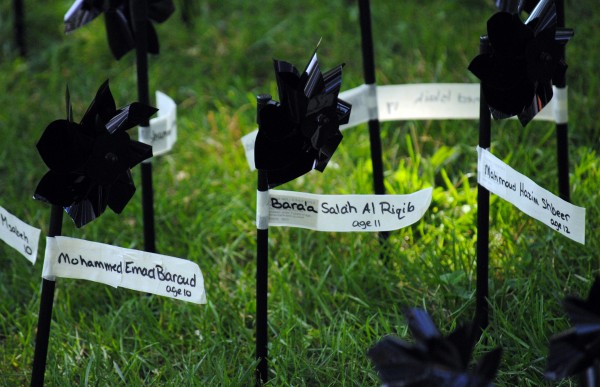
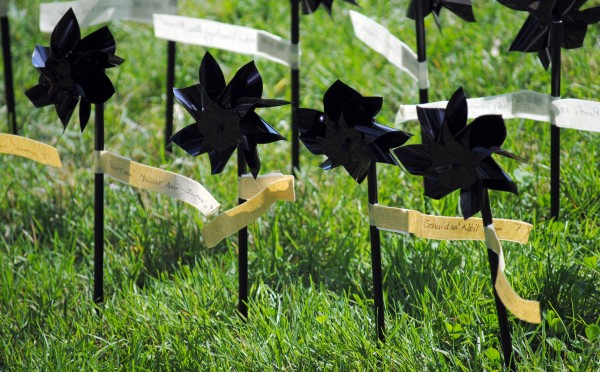
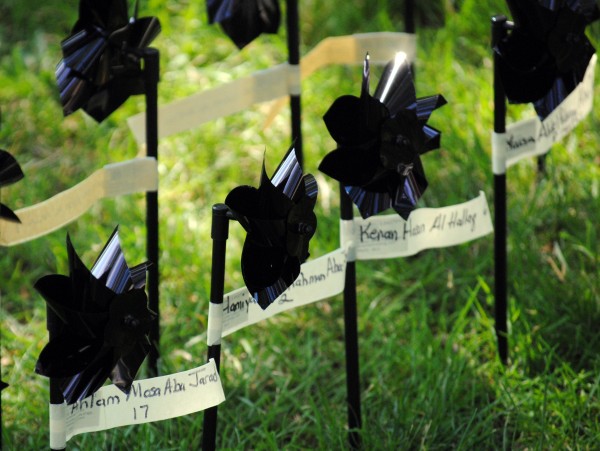
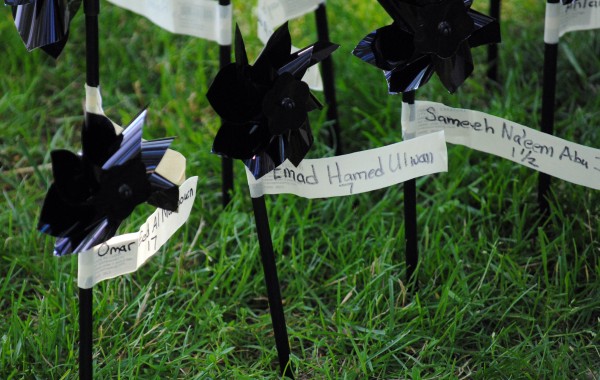
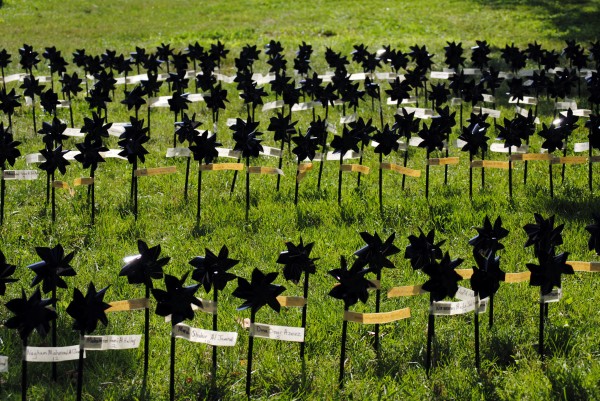
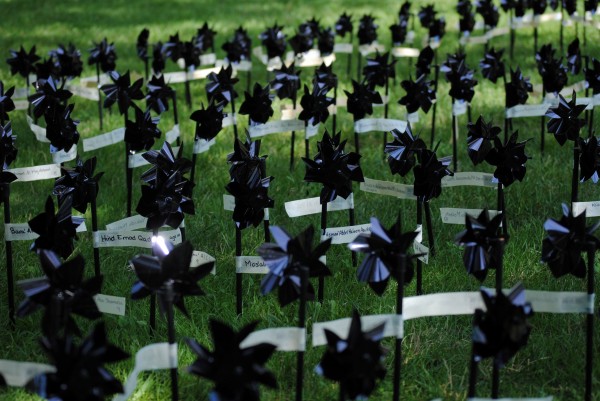

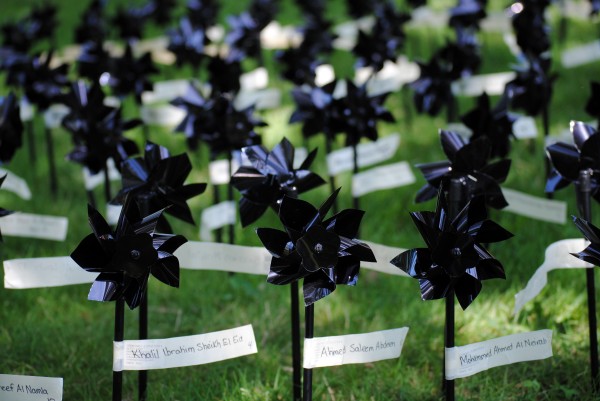

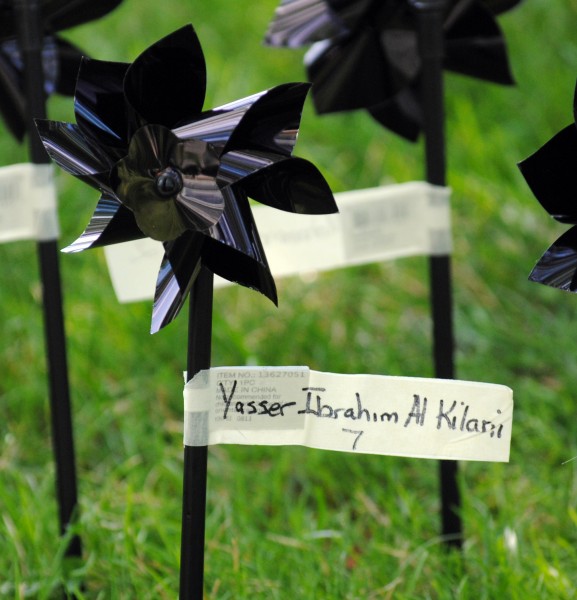
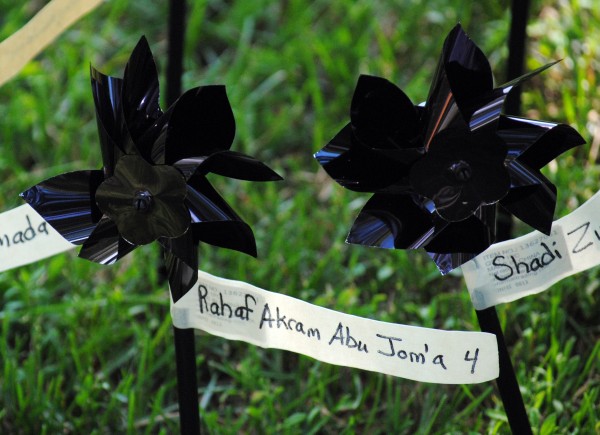
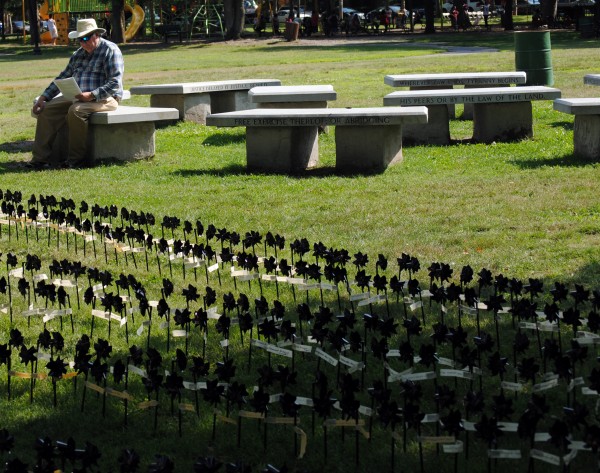
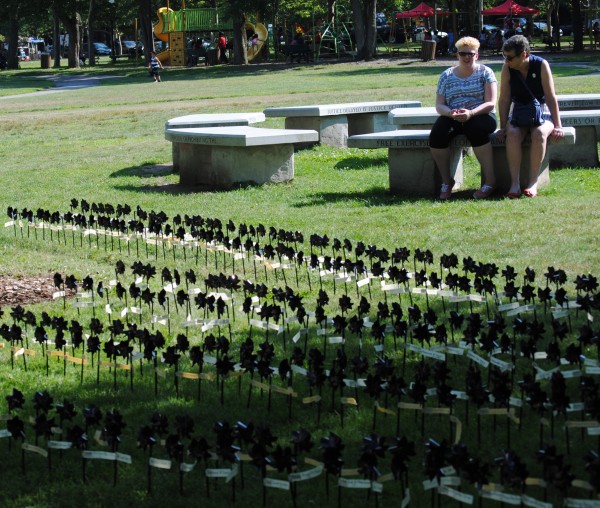

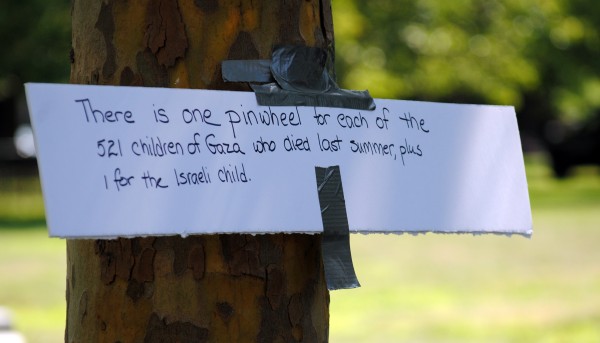
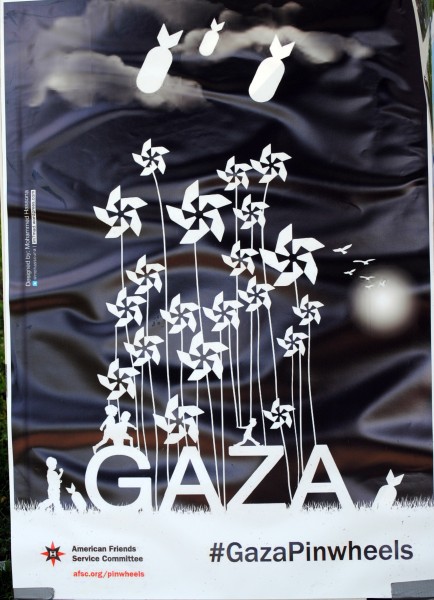

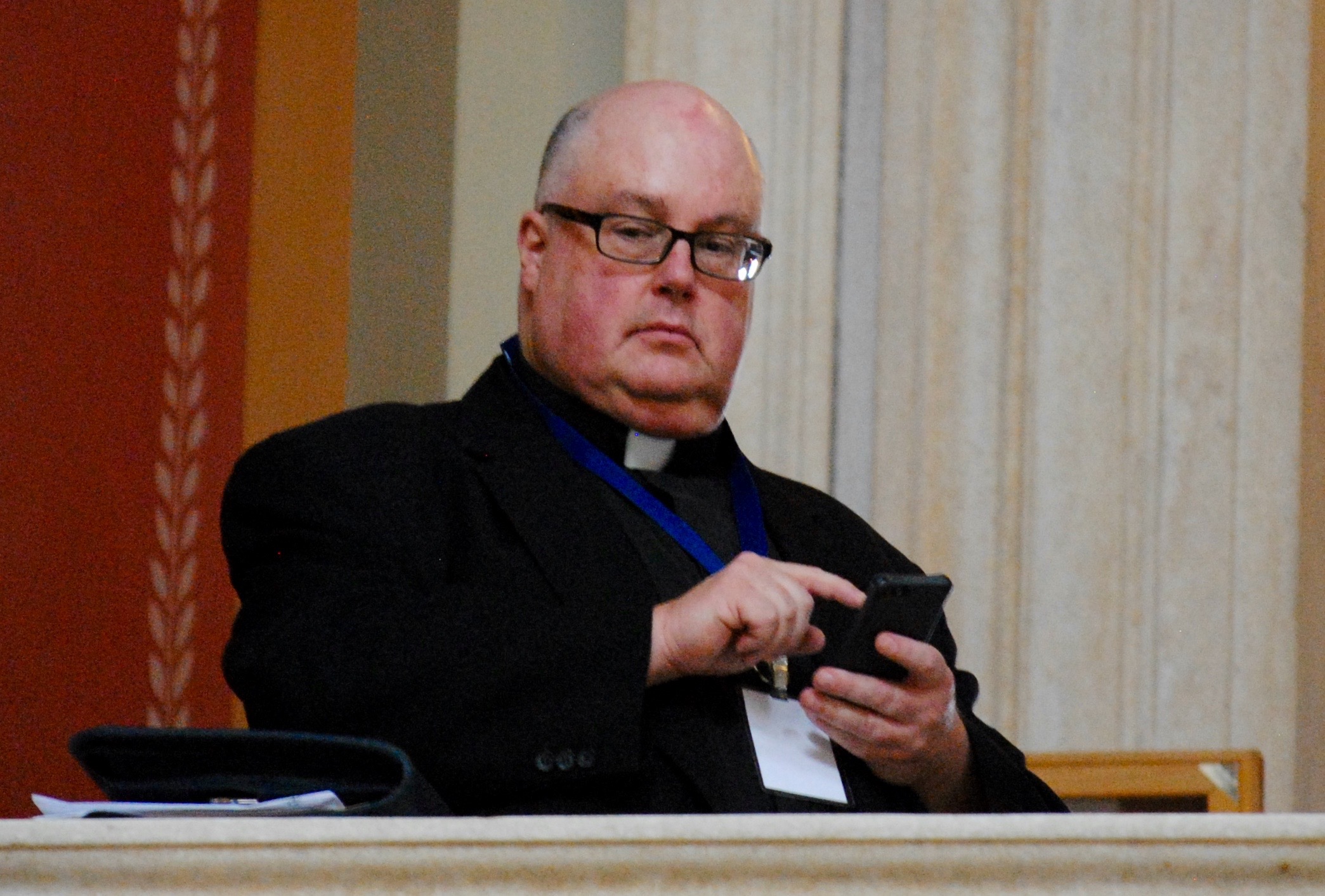
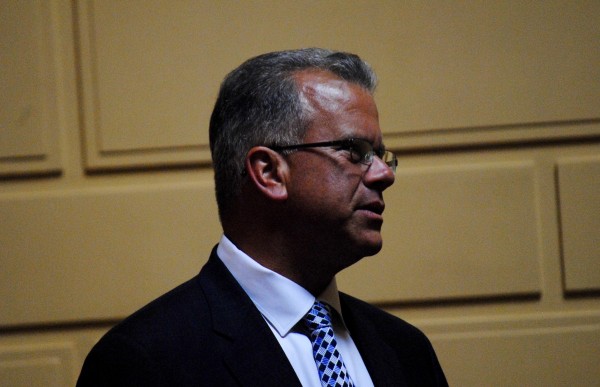
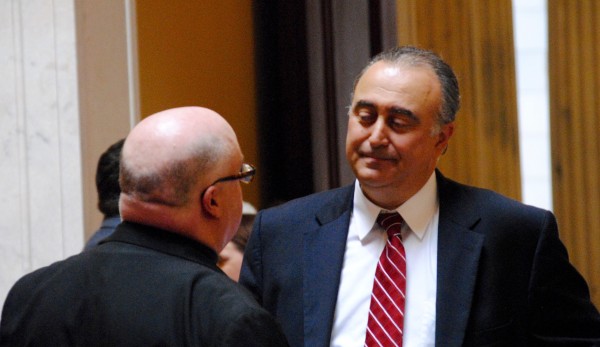
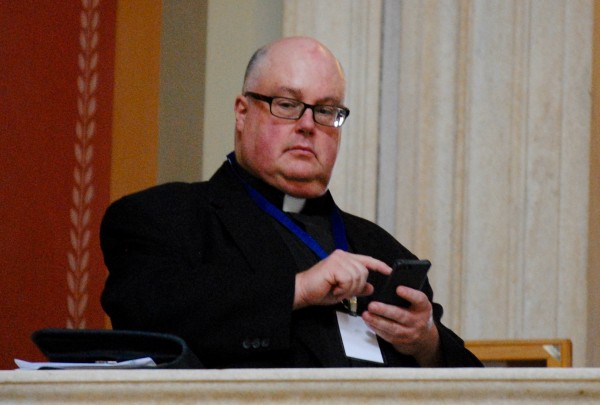



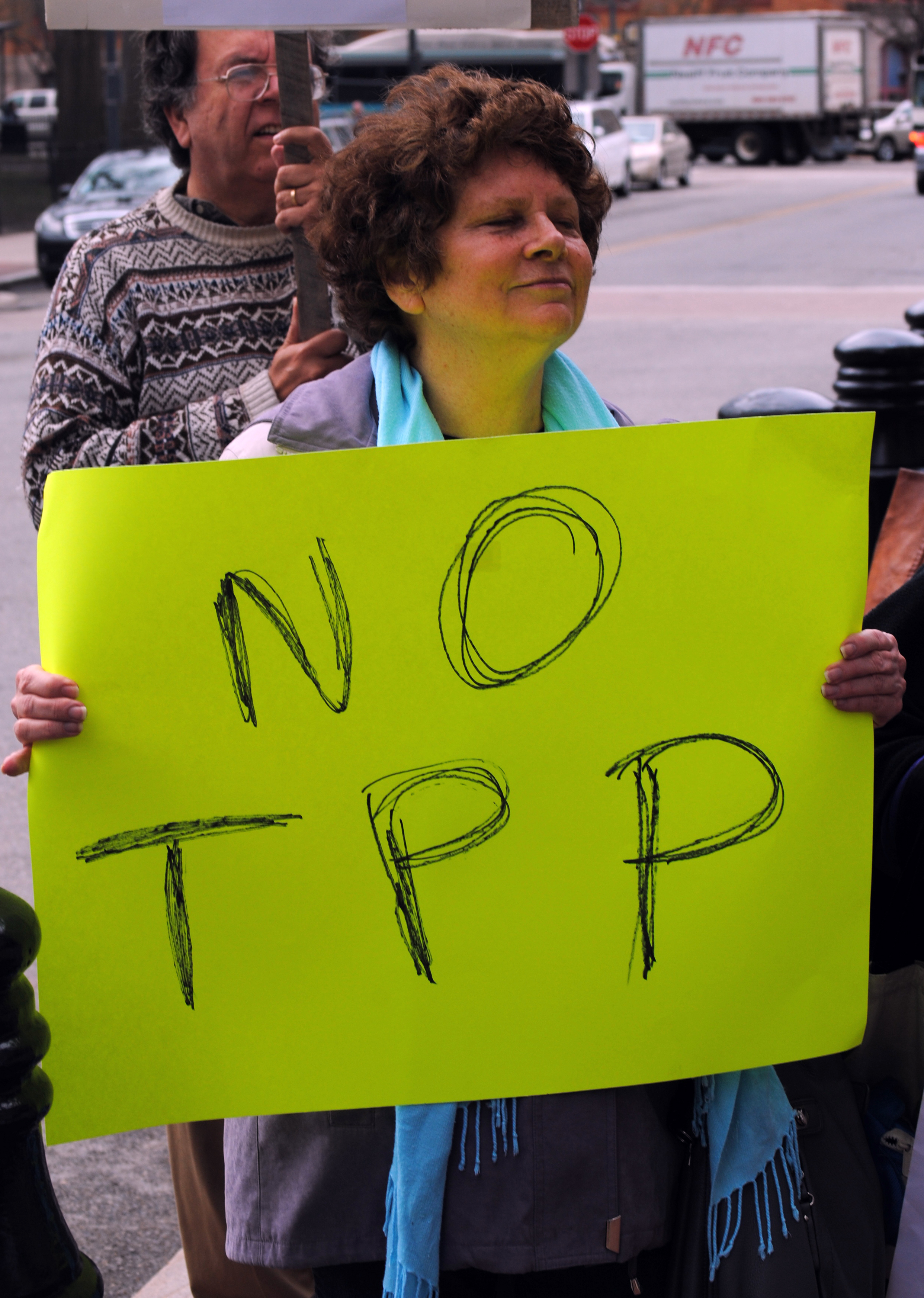
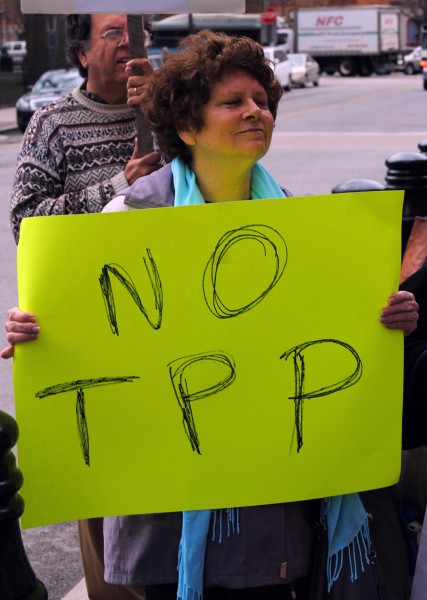 On Friday over 20 people representing
On Friday over 20 people representing 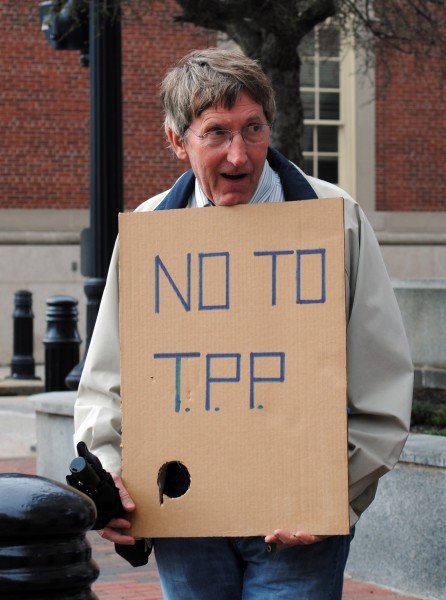 The EFF has identified two main problems, that “leaked draft texts of the agreement show that the IP chapter would have extensive negative ramifications for users’ freedom of speech, right to privacy and due process, and hinder peoples’ abilities to innovate” and that the “entire process has shut out multi-stakeholder participation and is shrouded in secrecy.”
The EFF has identified two main problems, that “leaked draft texts of the agreement show that the IP chapter would have extensive negative ramifications for users’ freedom of speech, right to privacy and due process, and hinder peoples’ abilities to innovate” and that the “entire process has shut out multi-stakeholder participation and is shrouded in secrecy.”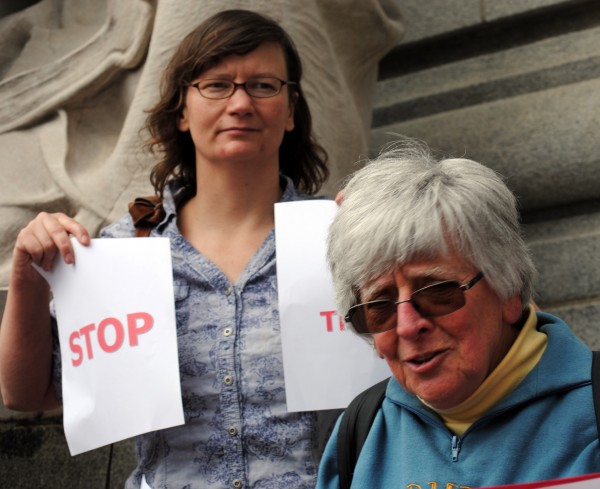
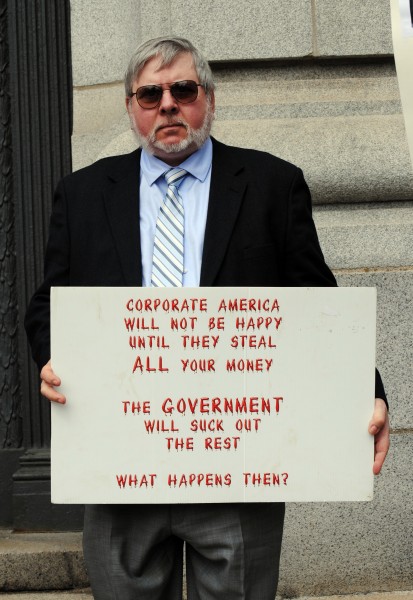
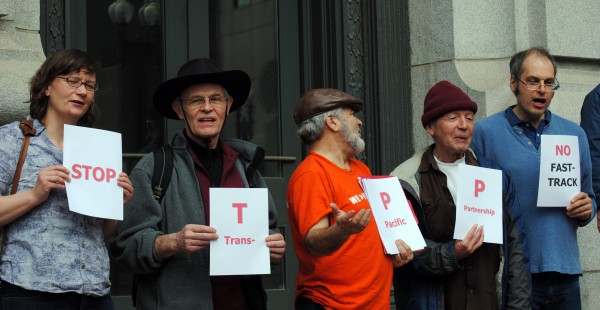
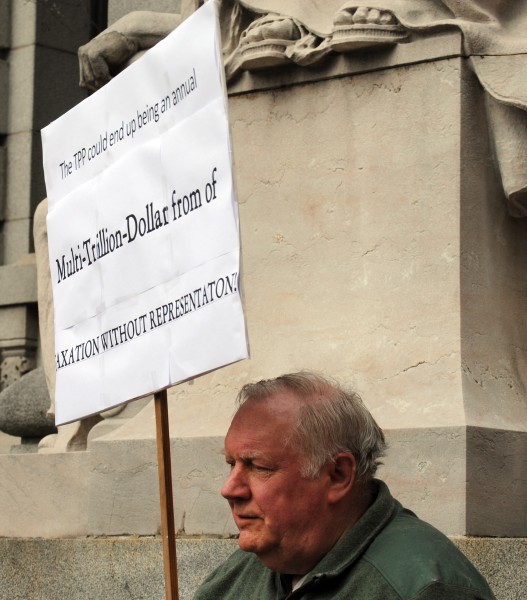
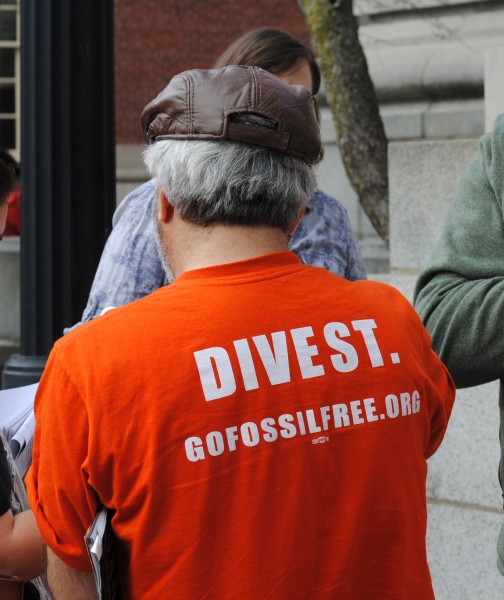
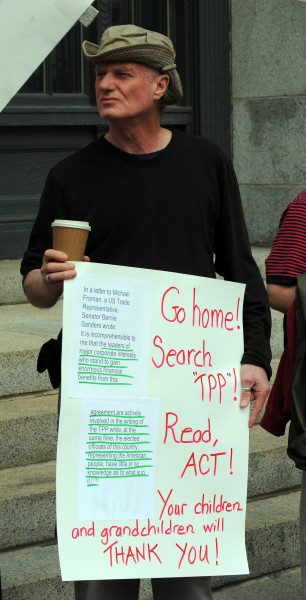
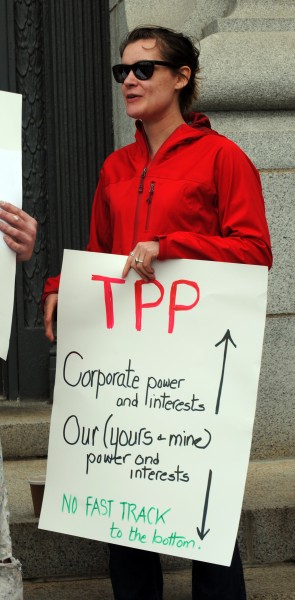
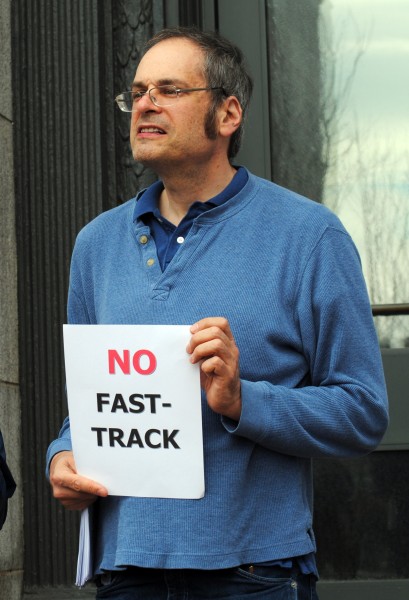
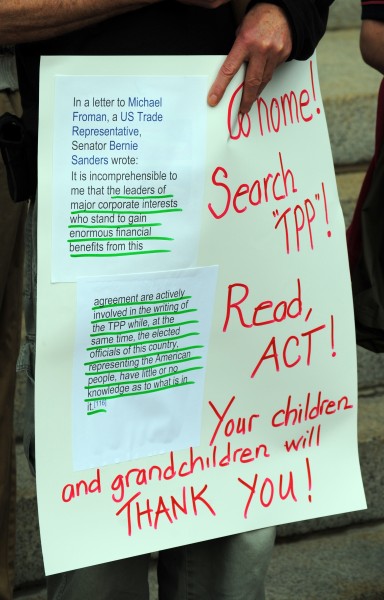
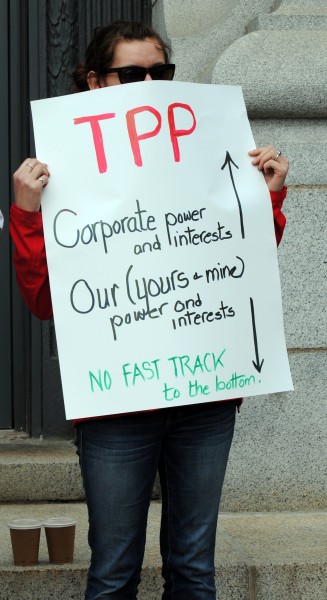
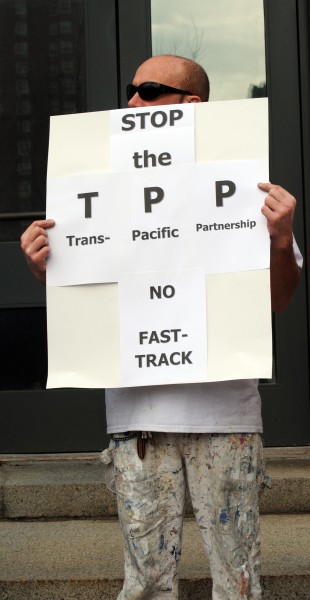
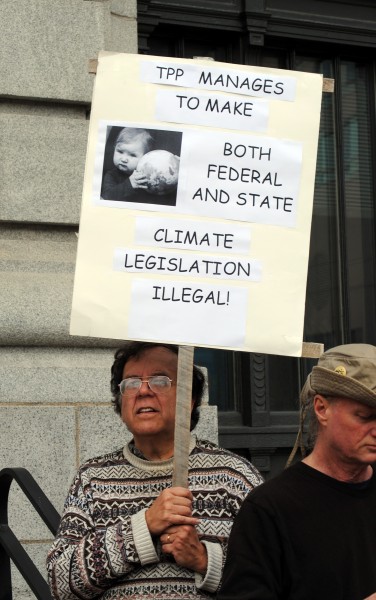
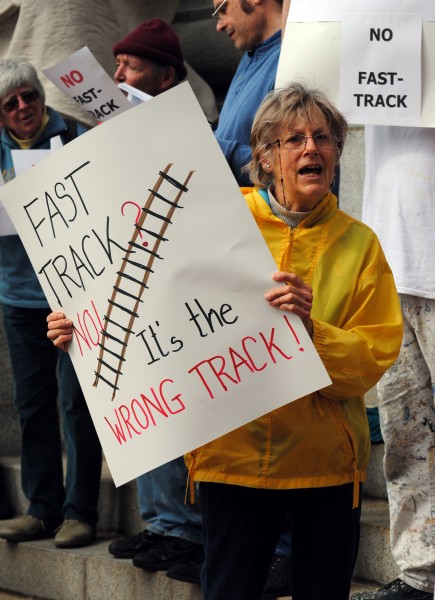
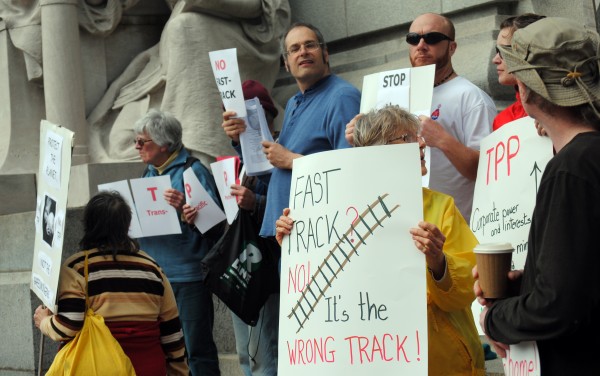
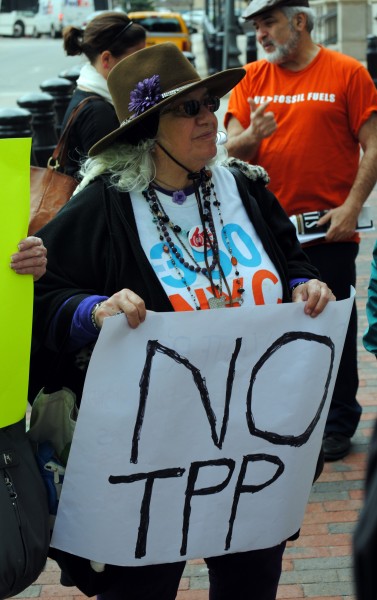
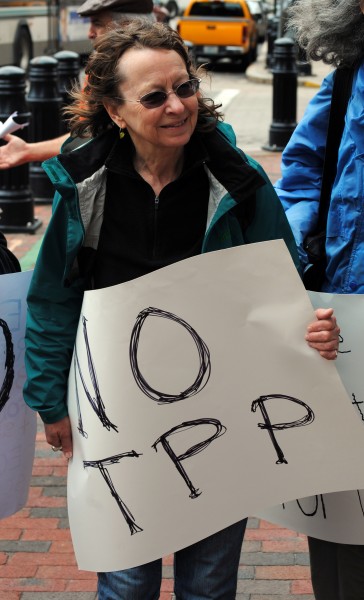
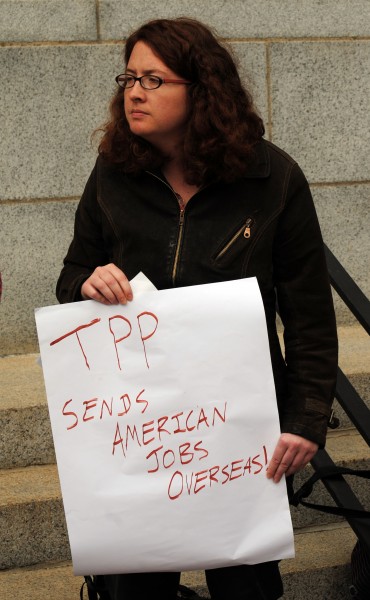
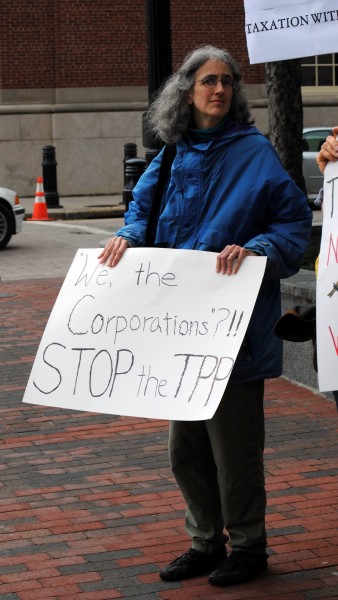
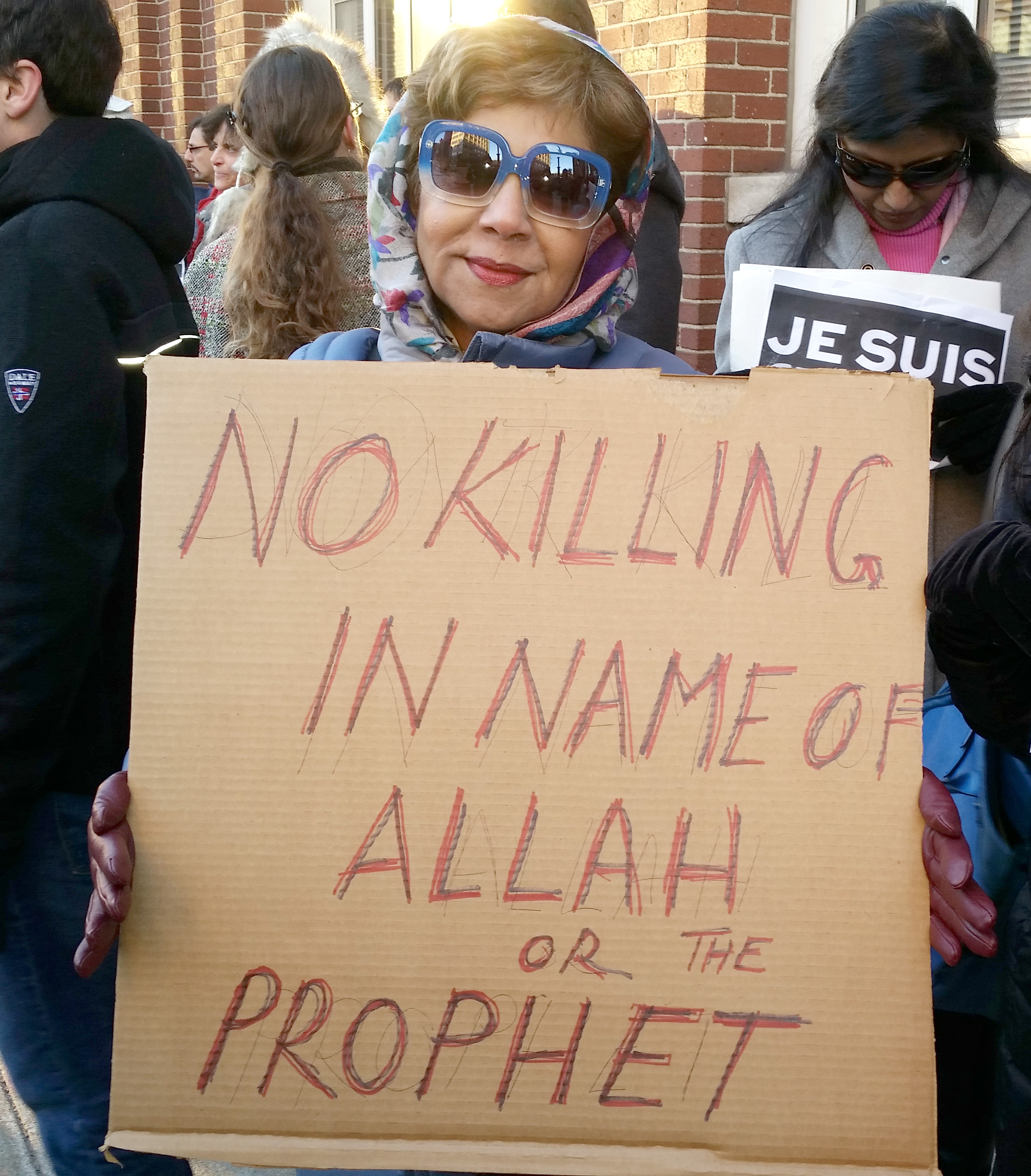
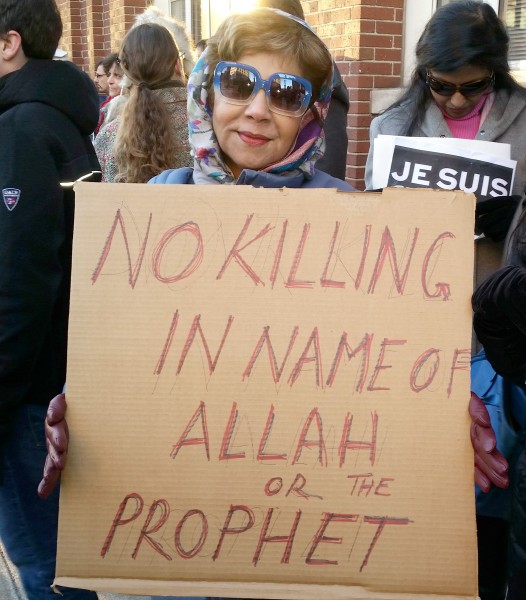 About 60 people gathered outside the Providence Journal offices in Providence Sunday to hold a vigil for those killed in last week’s Charlie Hebdo terror attacks in France in which fundamentalist Muslim gunmen indiscriminately murdered cartoonists and police officers. The vigil was organized by the
About 60 people gathered outside the Providence Journal offices in Providence Sunday to hold a vigil for those killed in last week’s Charlie Hebdo terror attacks in France in which fundamentalist Muslim gunmen indiscriminately murdered cartoonists and police officers. The vigil was organized by the 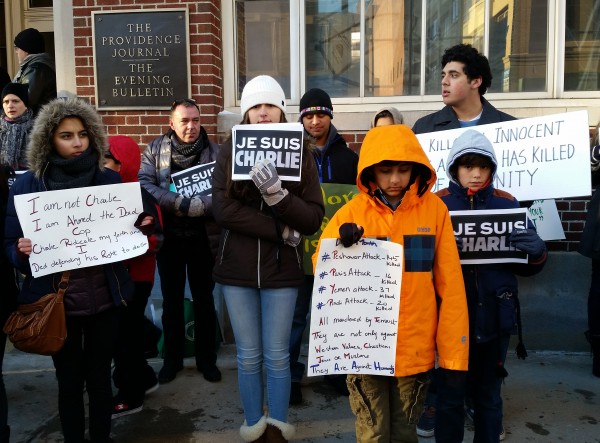
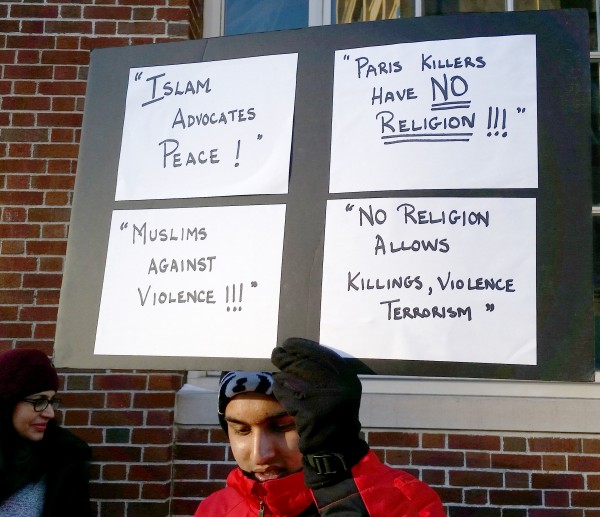
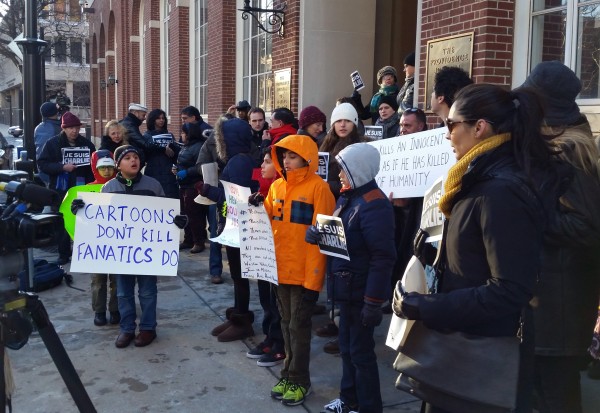
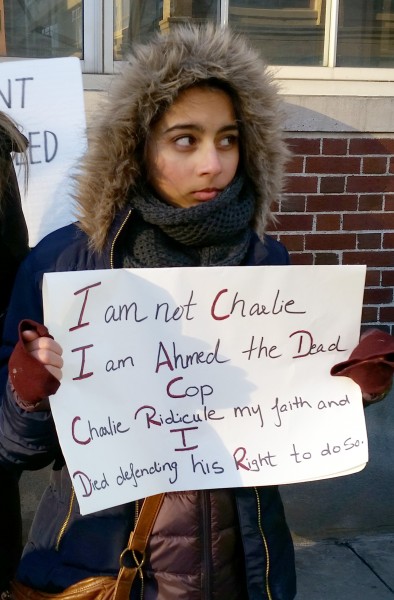
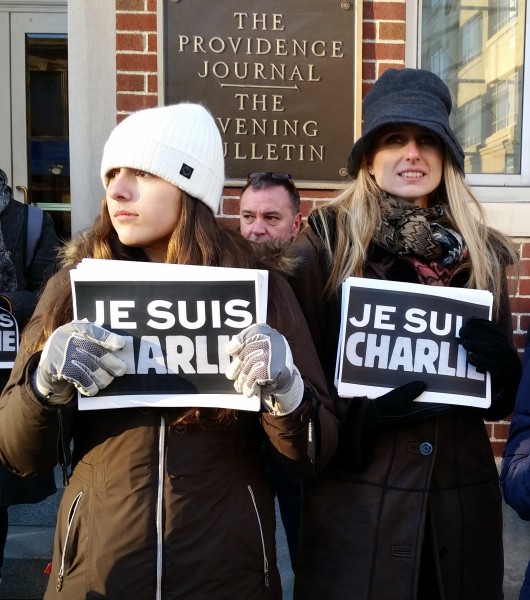
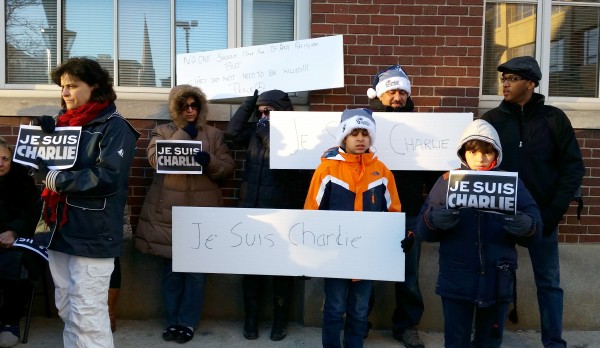
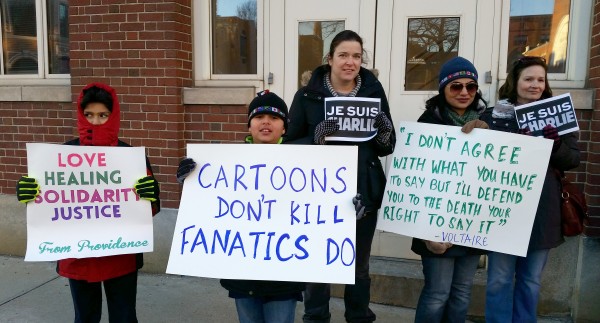
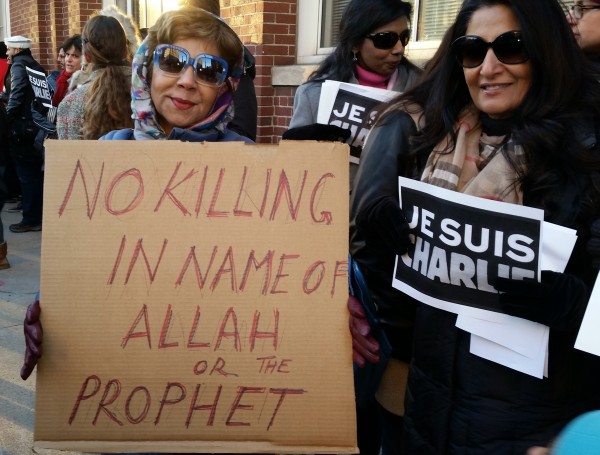
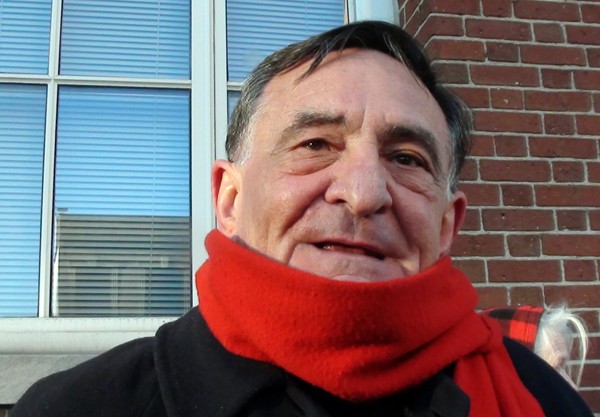

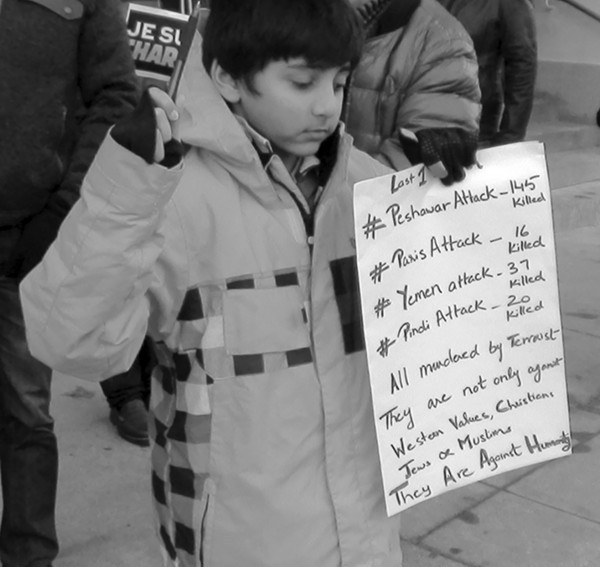
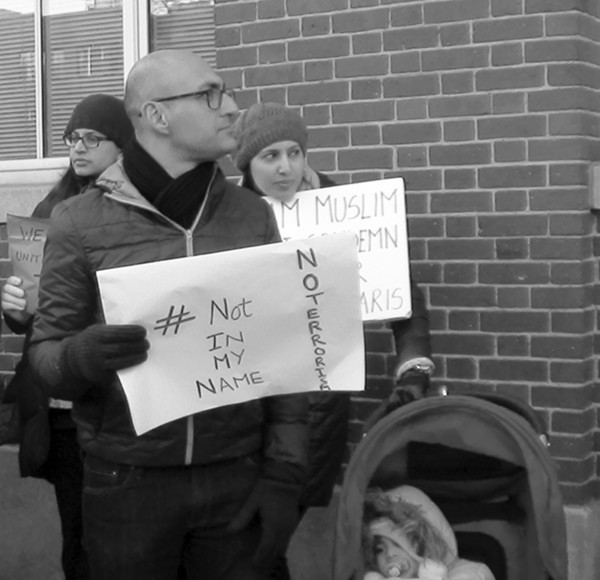
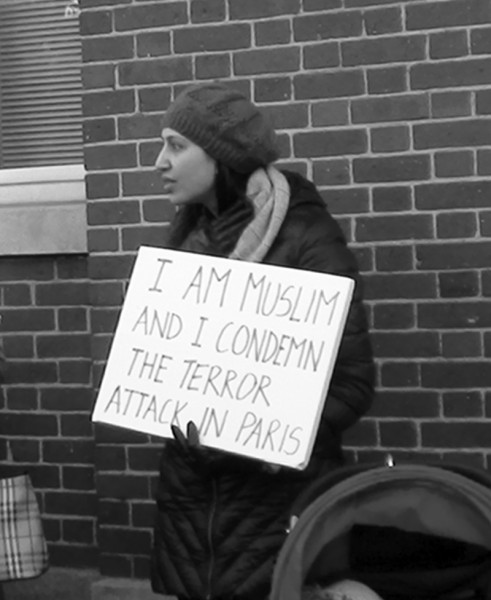


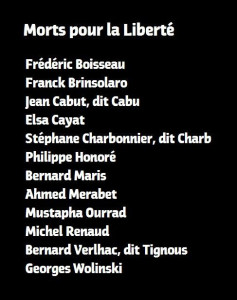
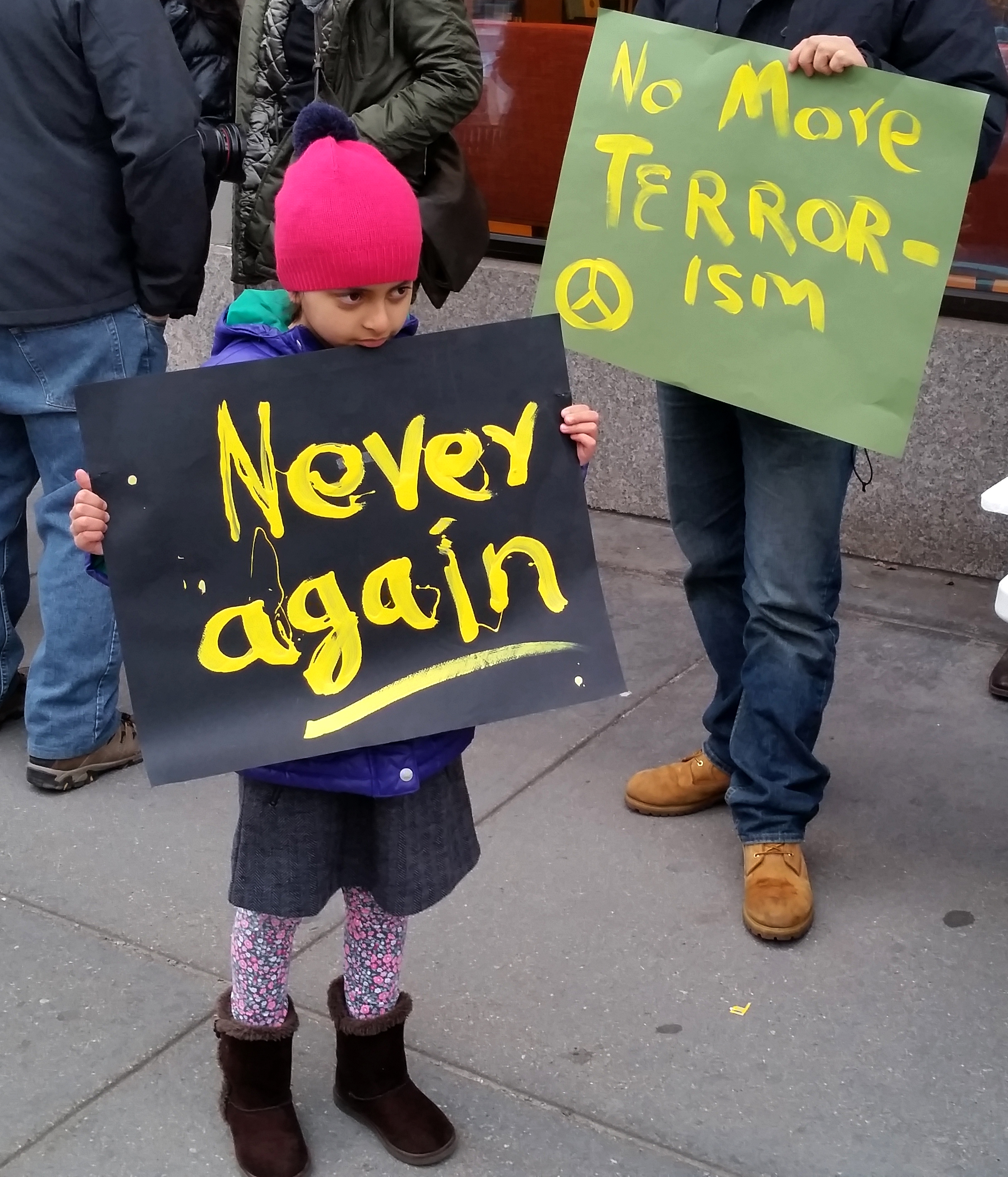
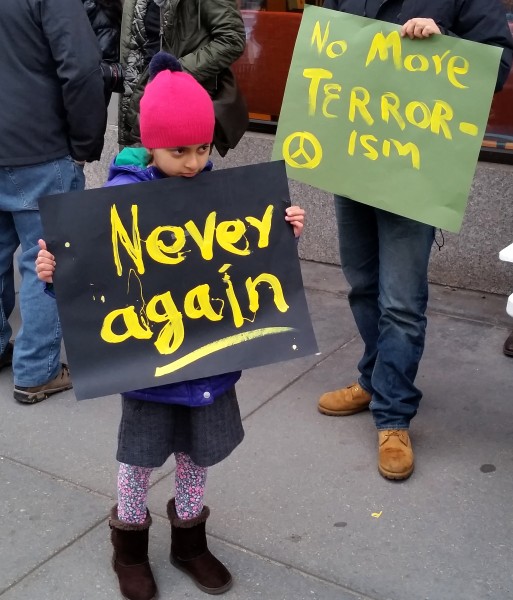 A vigil in memory of the
A vigil in memory of the 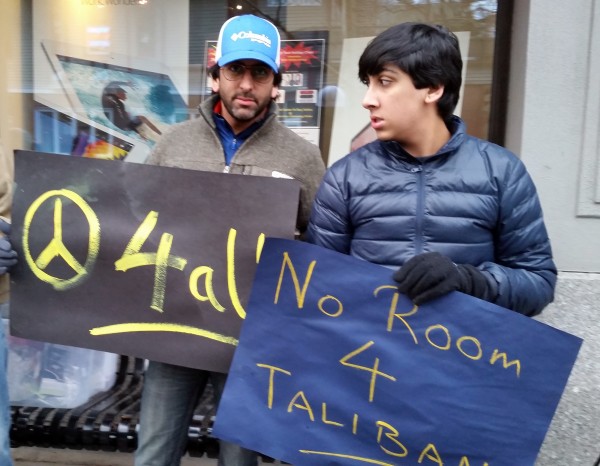
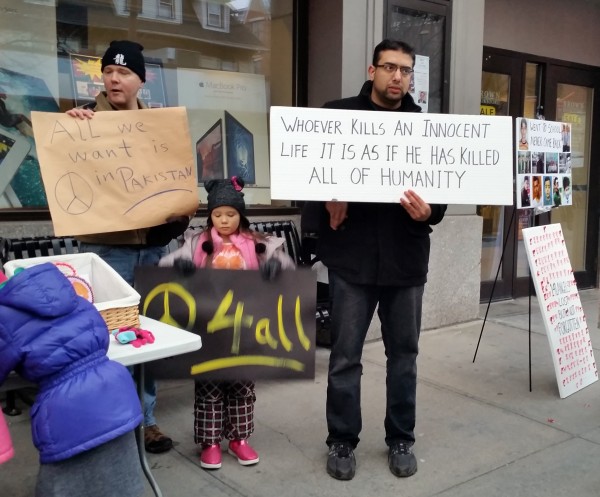

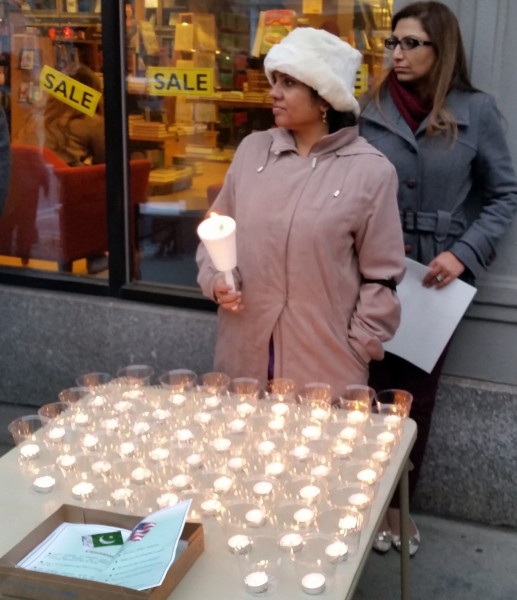
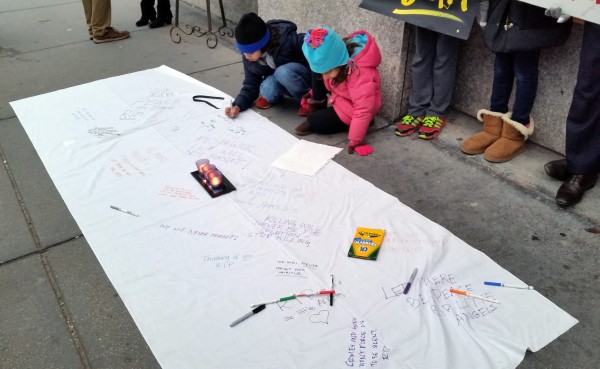
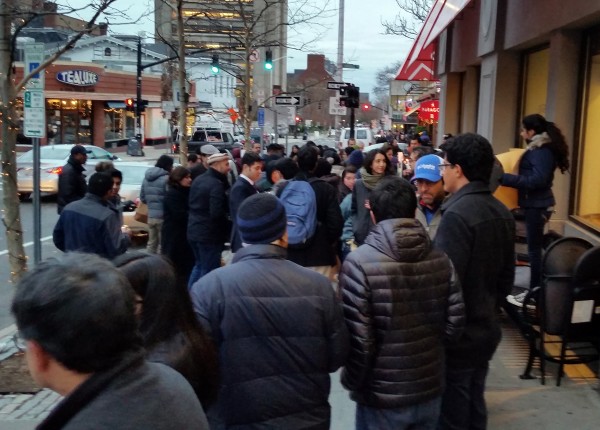
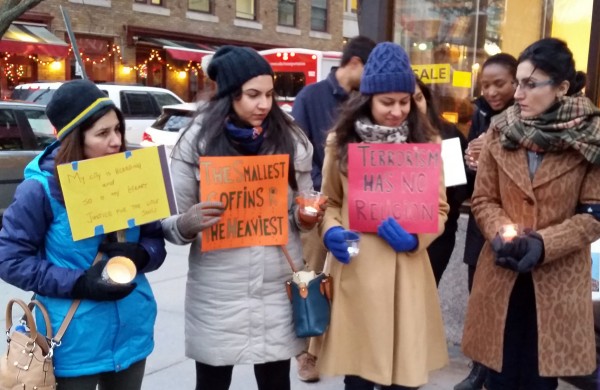
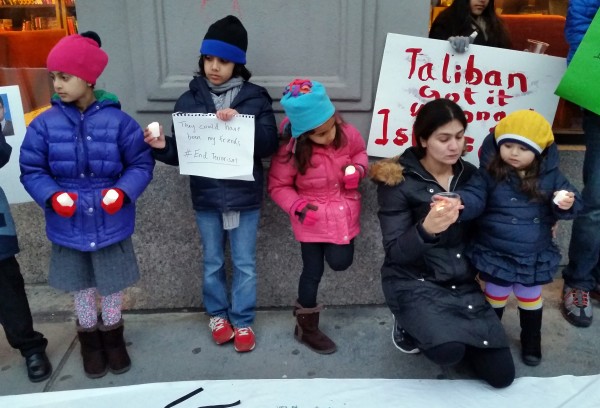
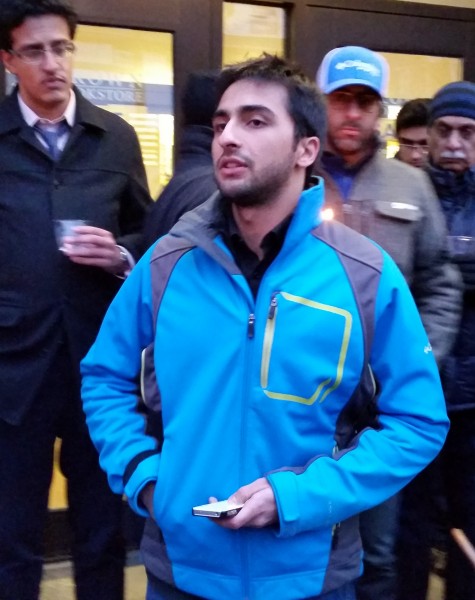
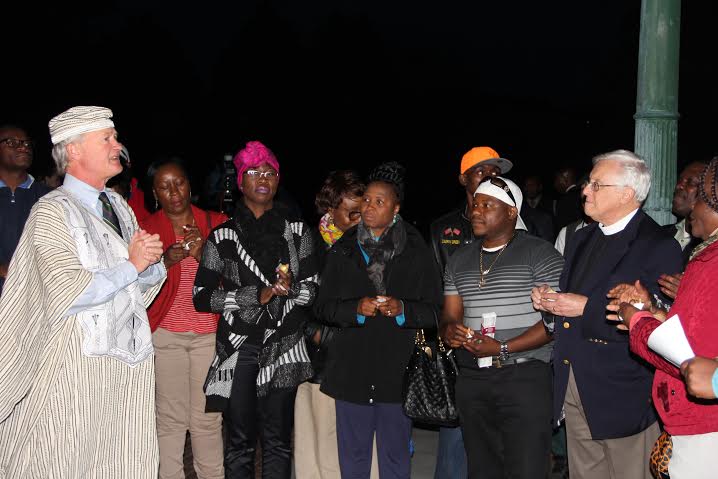
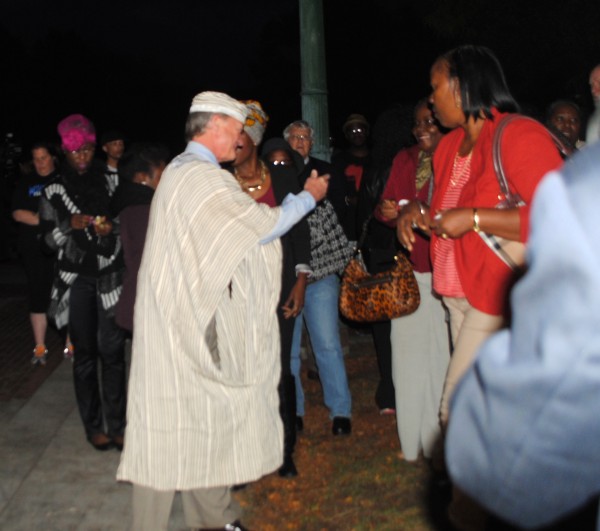
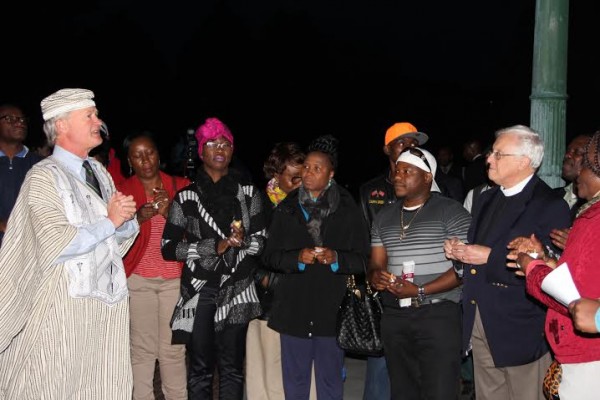
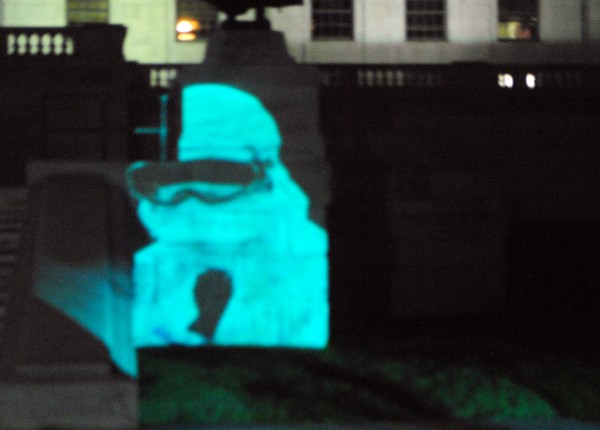
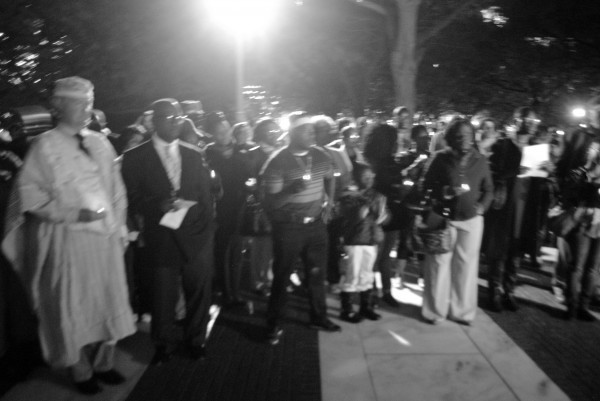
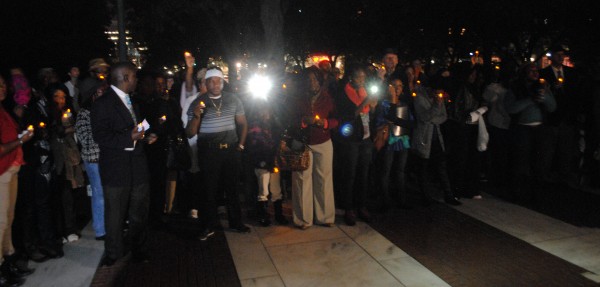
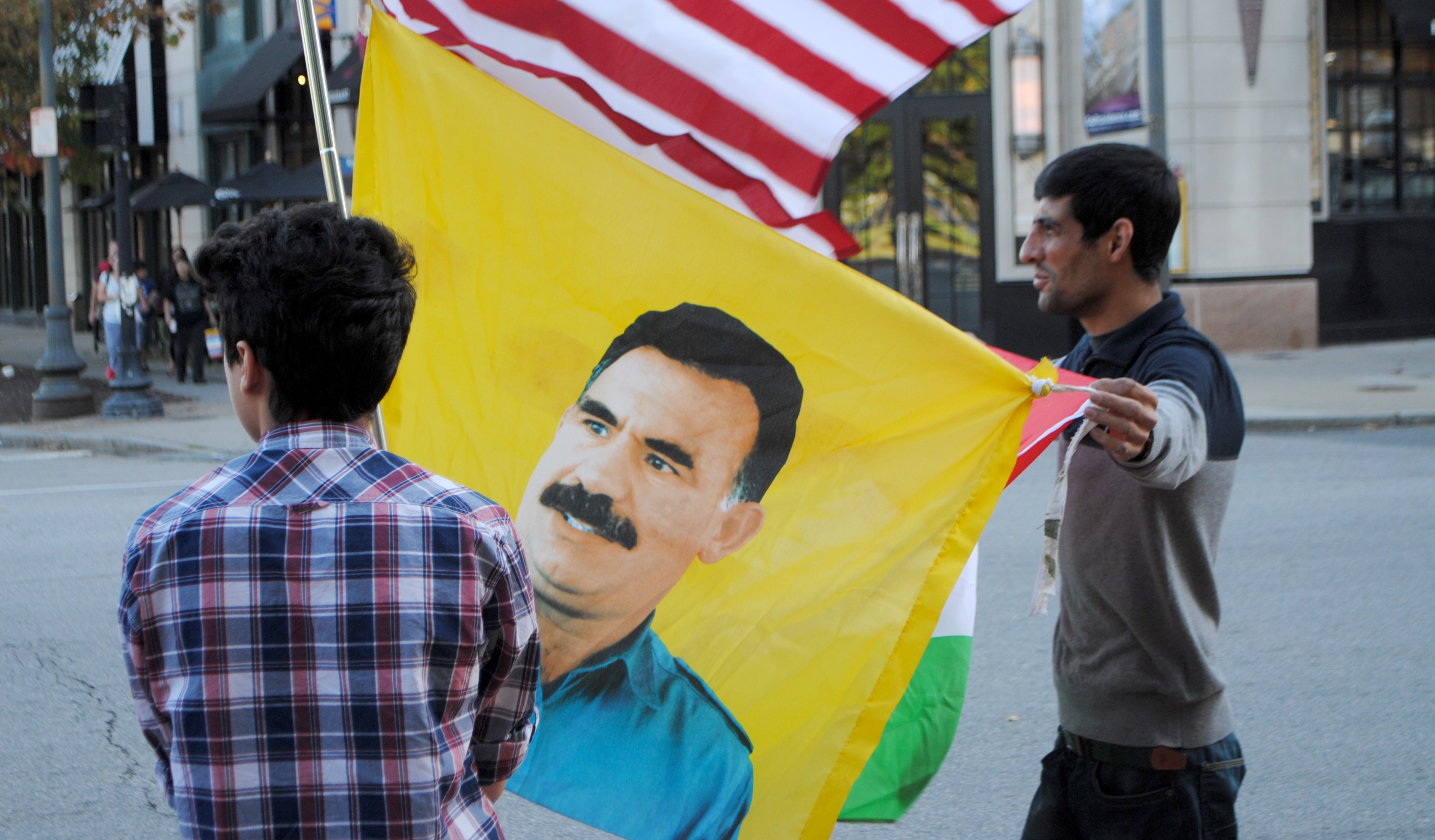
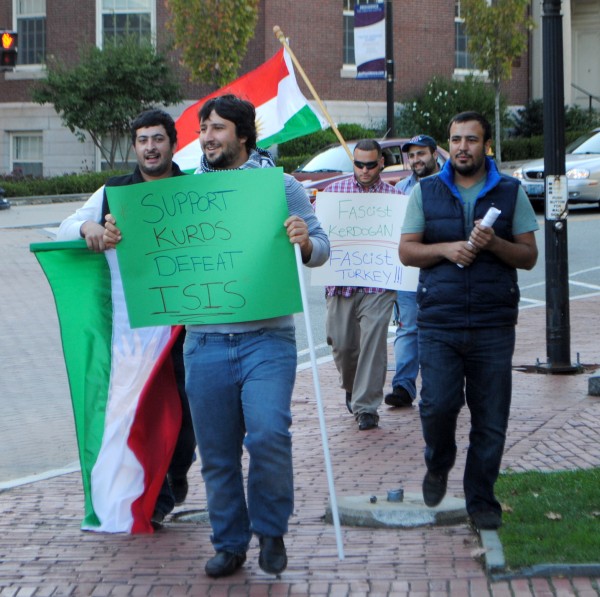 Over 50 Rhode Island Kurds rallied outside the State House Wednesday to draw attention to the terrible situation in the Kurdish city of Kobani, in Northern Syria. Kobani has been under siege from ISIS forces since September 15th, and could fall at any time. If the city defenses fall, rape, torture, slavery and death await the men, women and children at the hands of ISIS forces.
Over 50 Rhode Island Kurds rallied outside the State House Wednesday to draw attention to the terrible situation in the Kurdish city of Kobani, in Northern Syria. Kobani has been under siege from ISIS forces since September 15th, and could fall at any time. If the city defenses fall, rape, torture, slavery and death await the men, women and children at the hands of ISIS forces.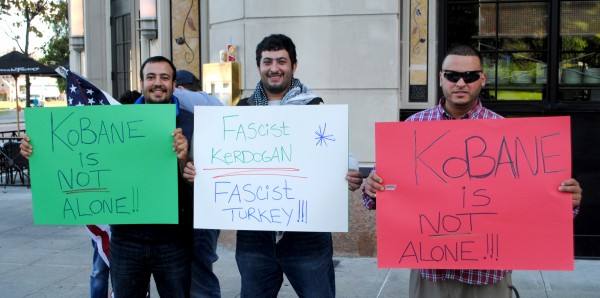
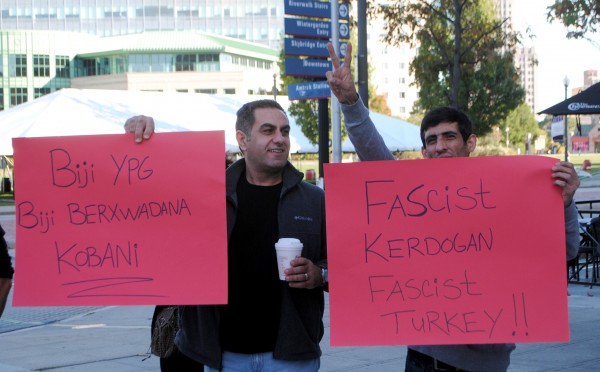
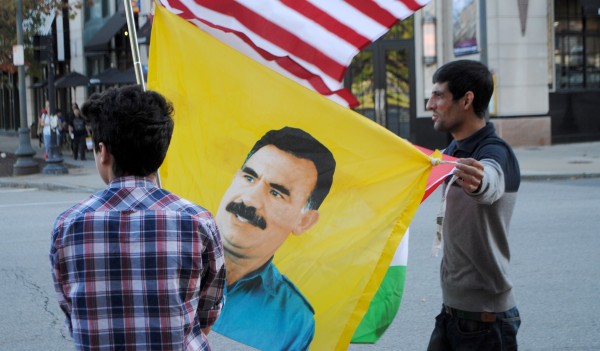
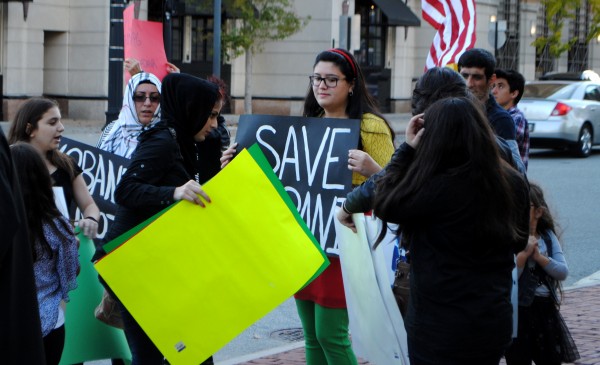
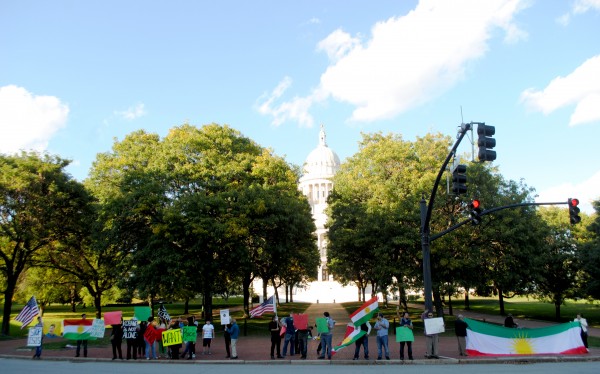
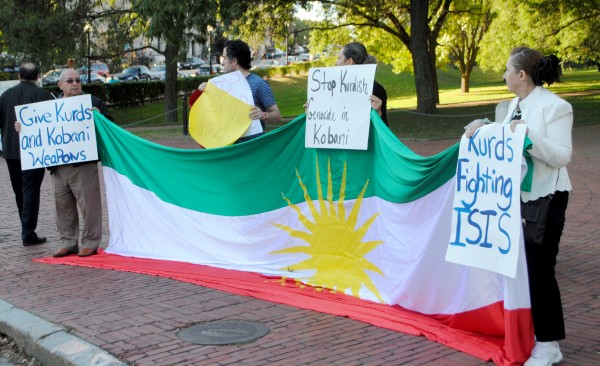
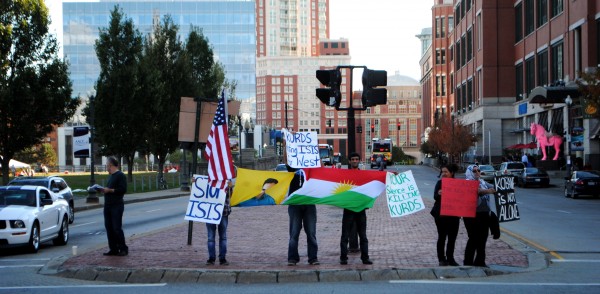


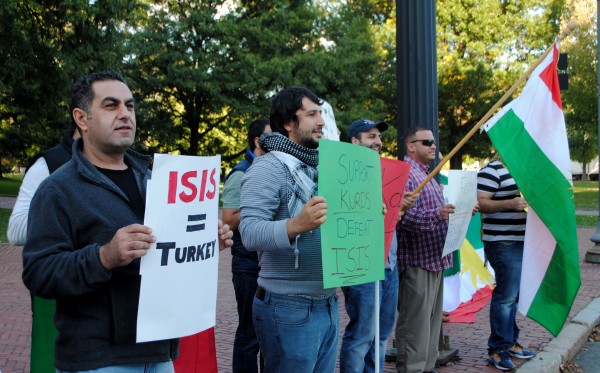
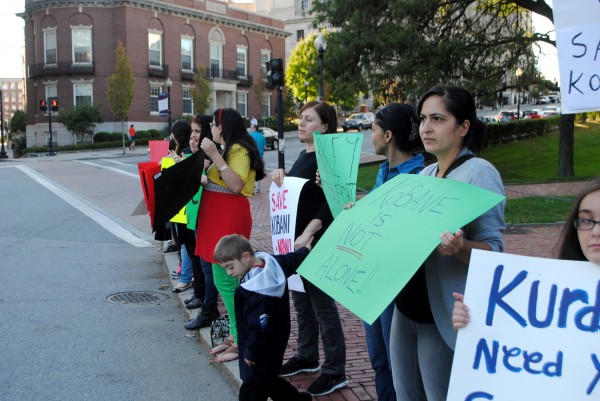
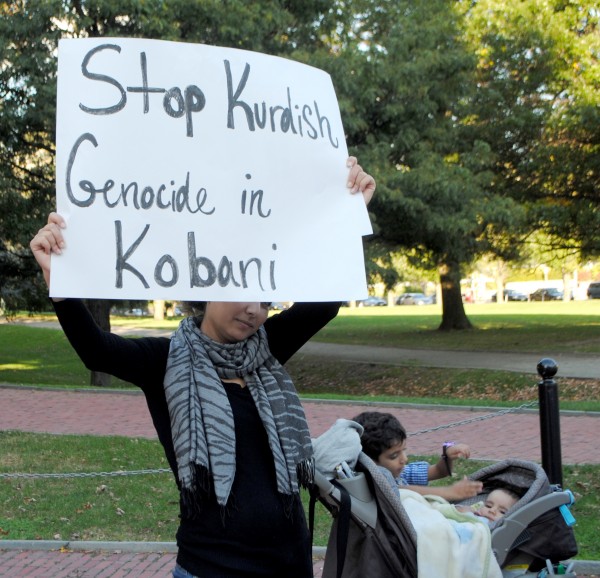
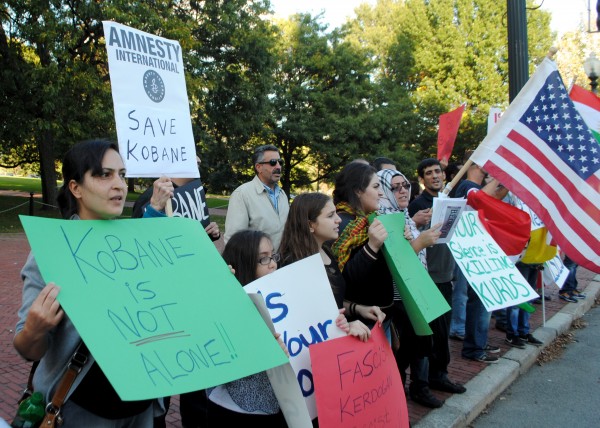
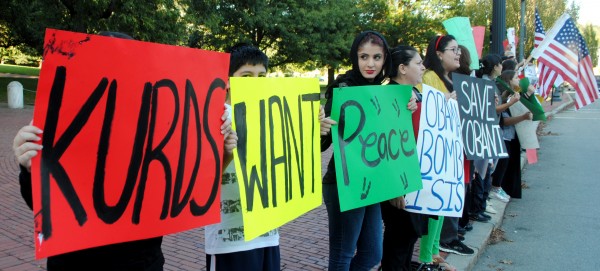
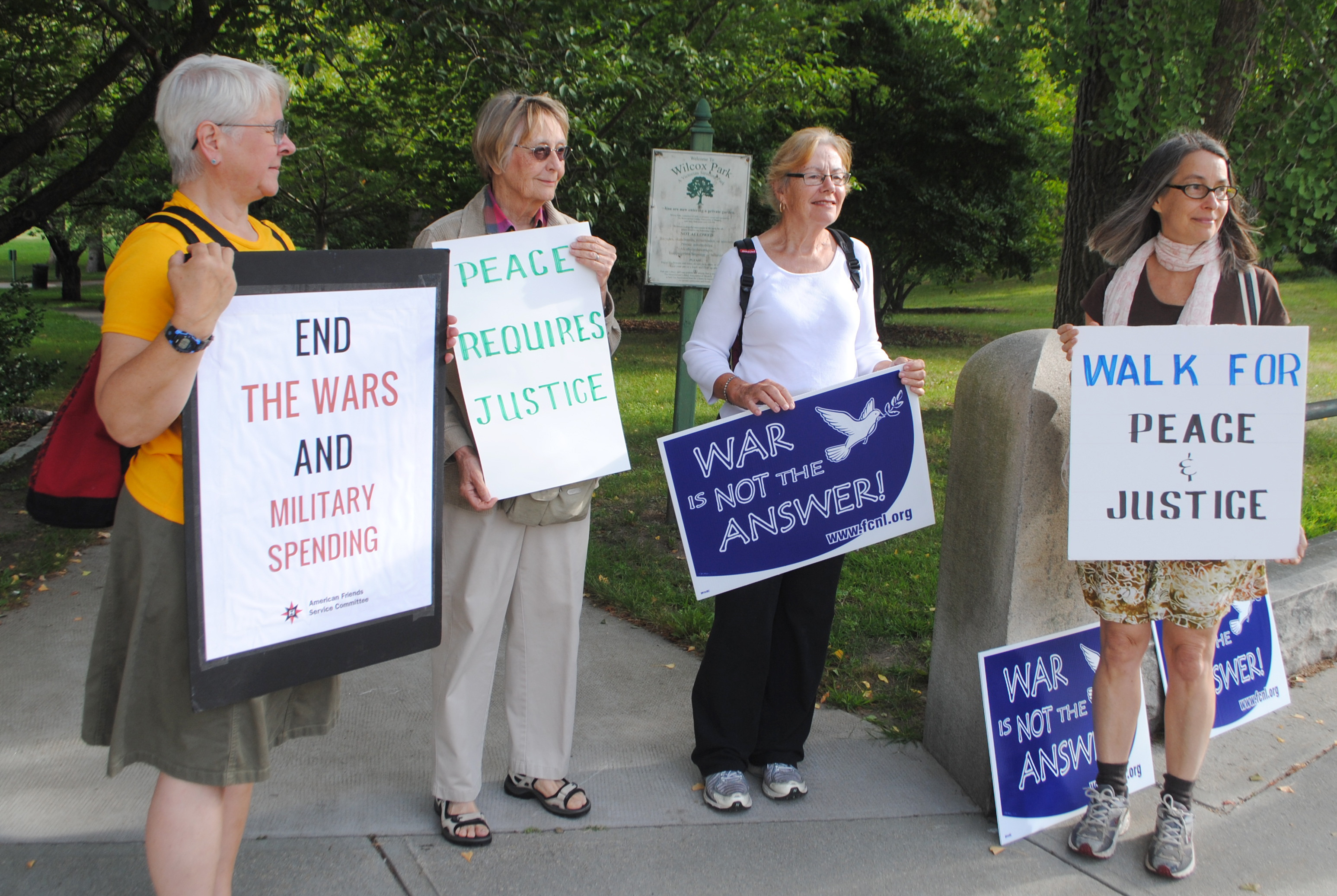
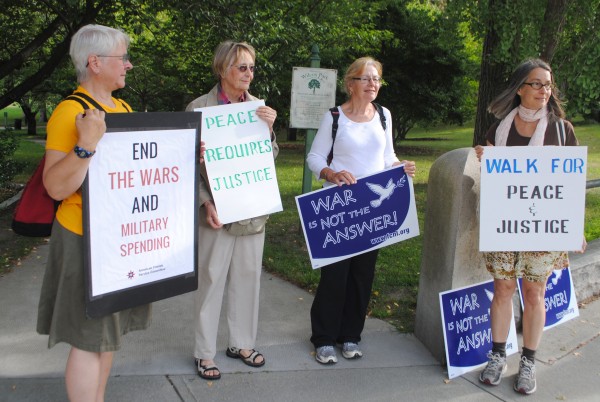 This morning marked the beginning of the “
This morning marked the beginning of the “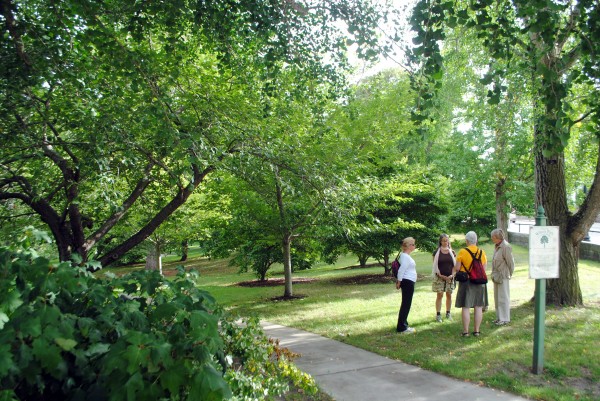
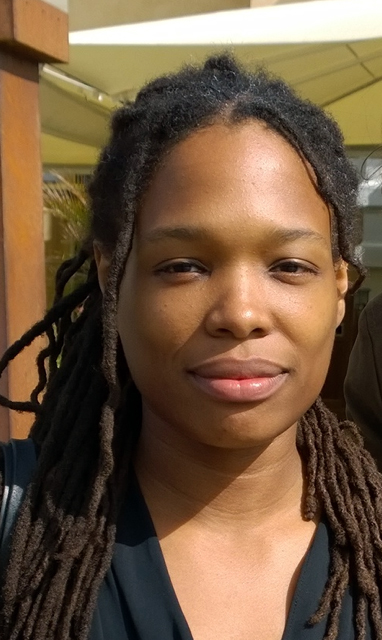
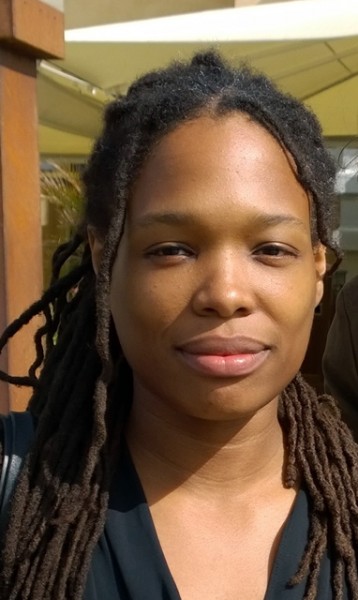
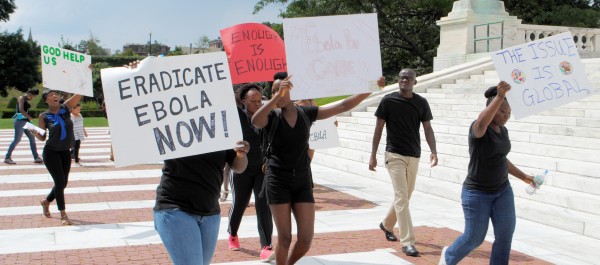
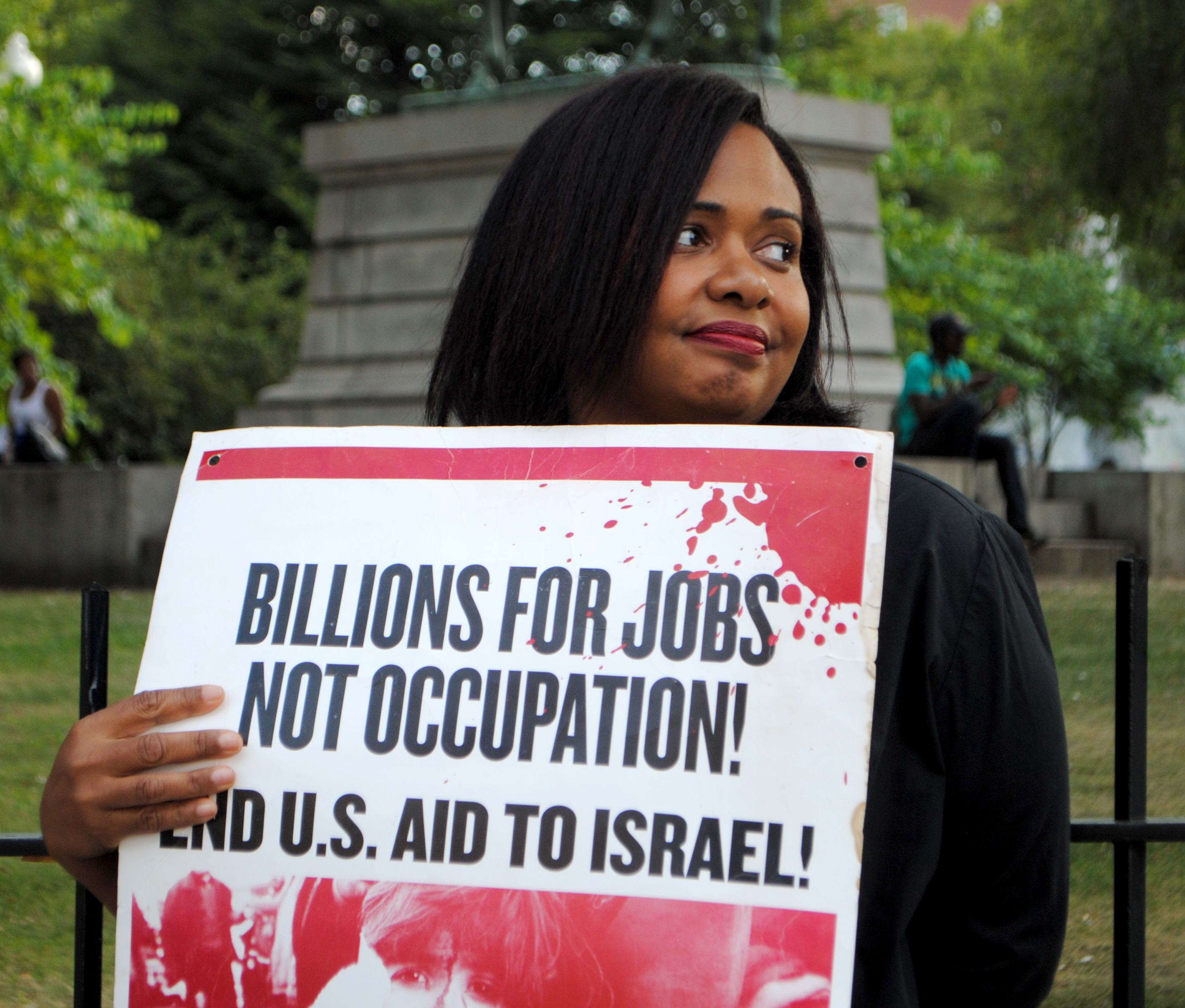
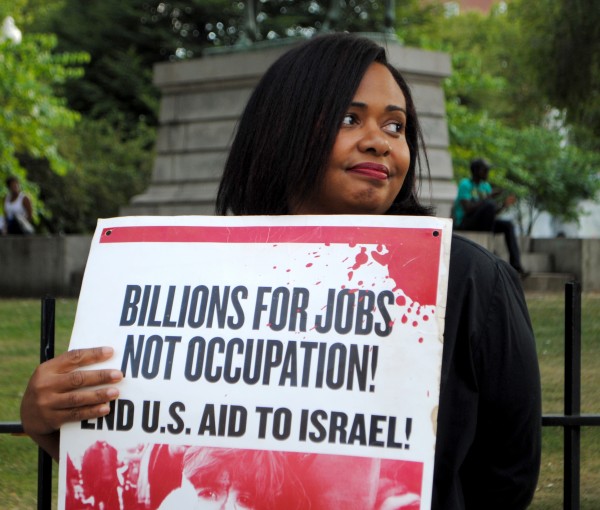 Since no one interested in social, economic or environmental justice was getting anywhere near the mansion in Newport where President Obama is attending a
Since no one interested in social, economic or environmental justice was getting anywhere near the mansion in Newport where President Obama is attending a 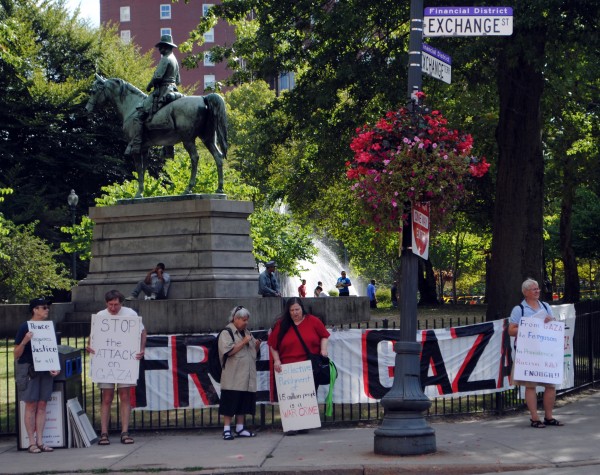
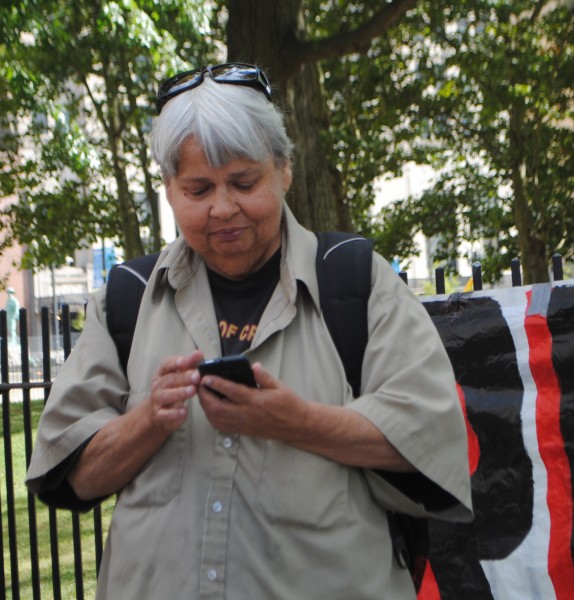
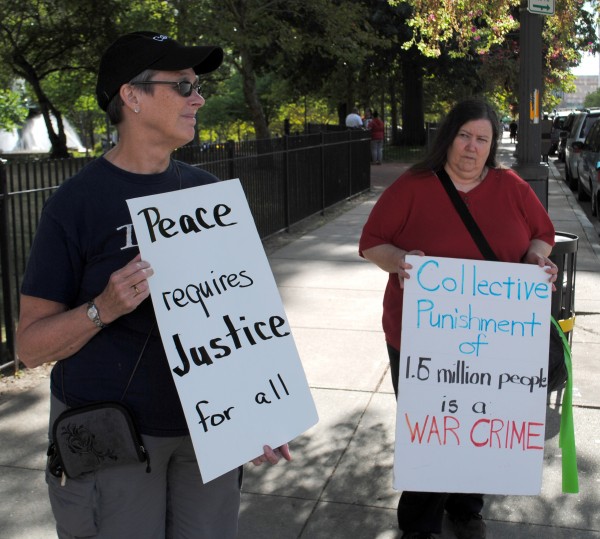
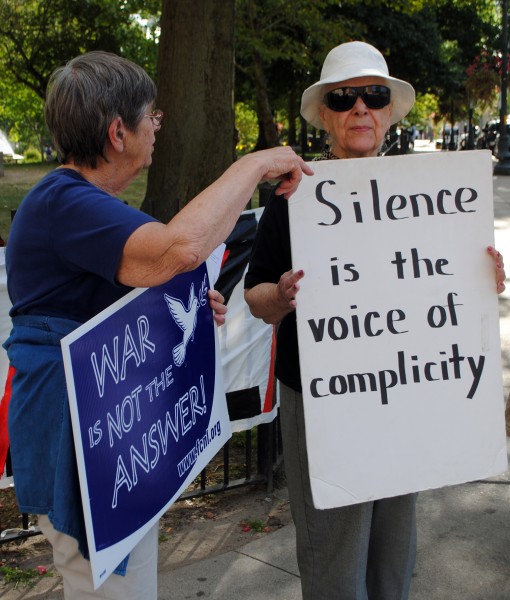
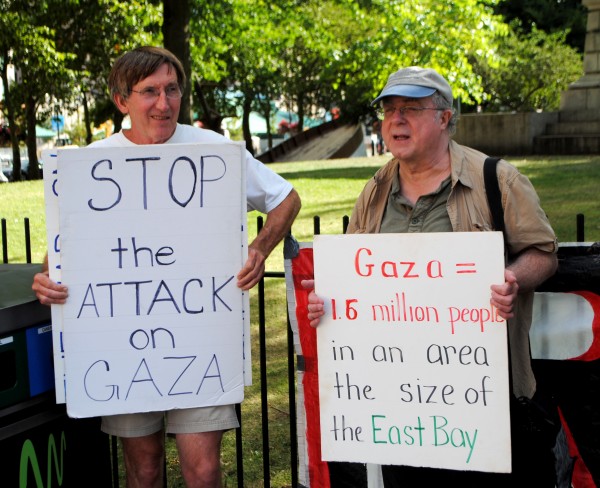
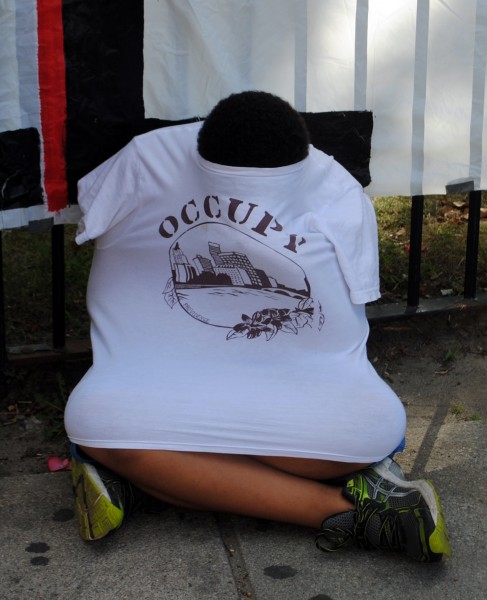
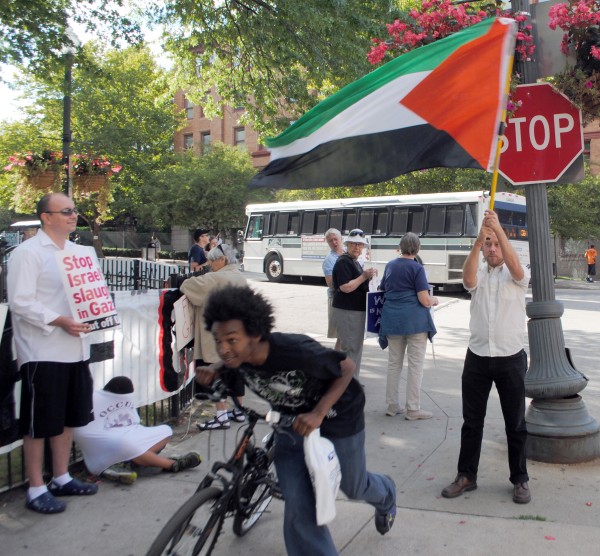
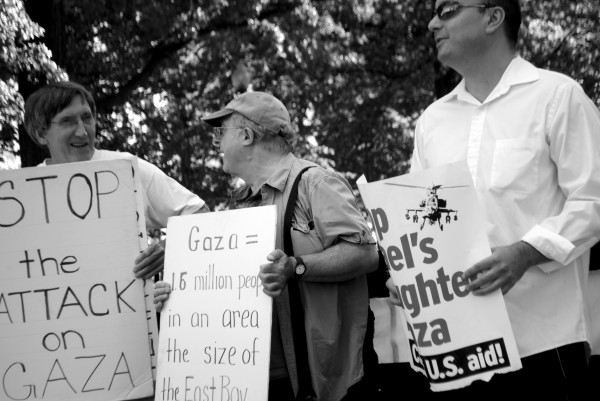
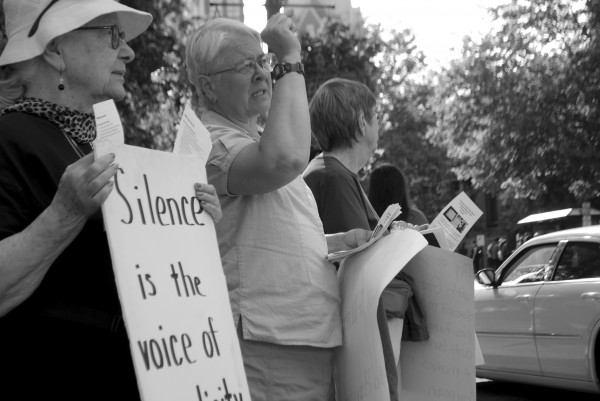
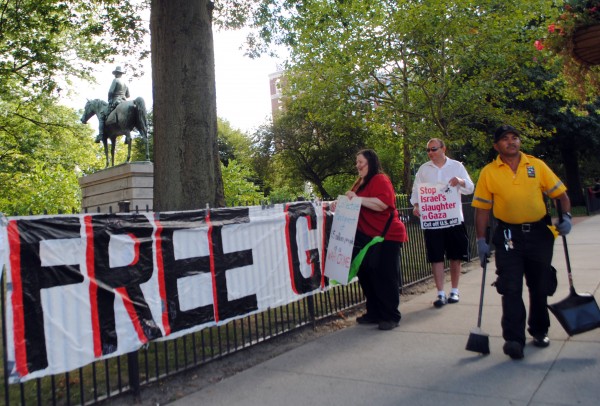
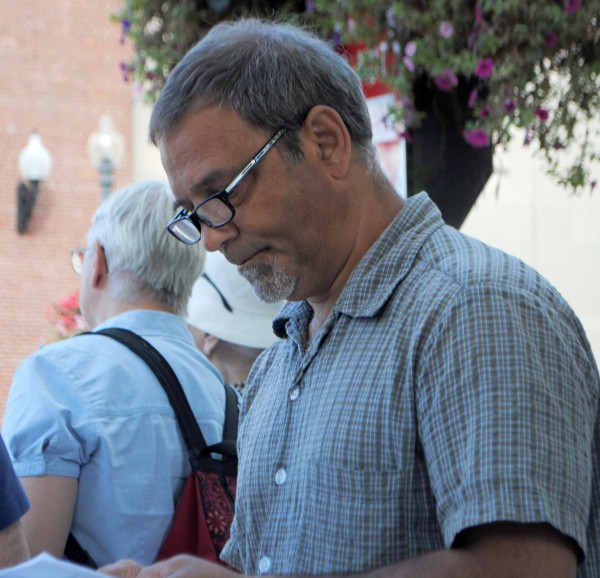
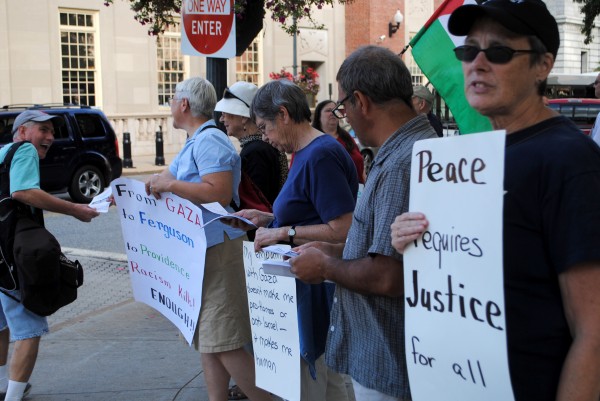
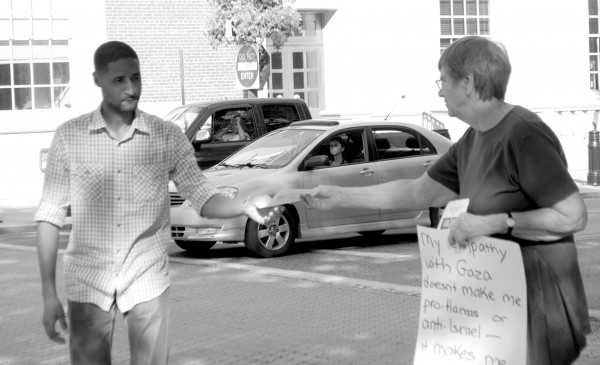
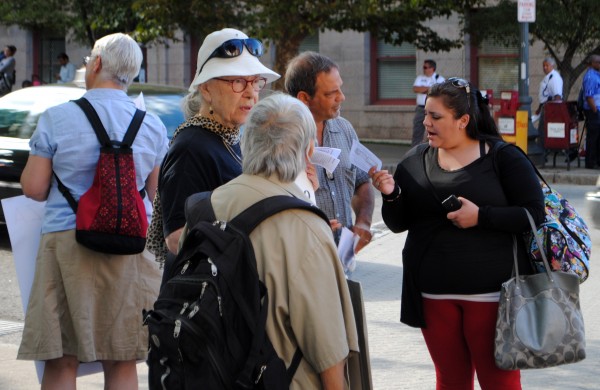
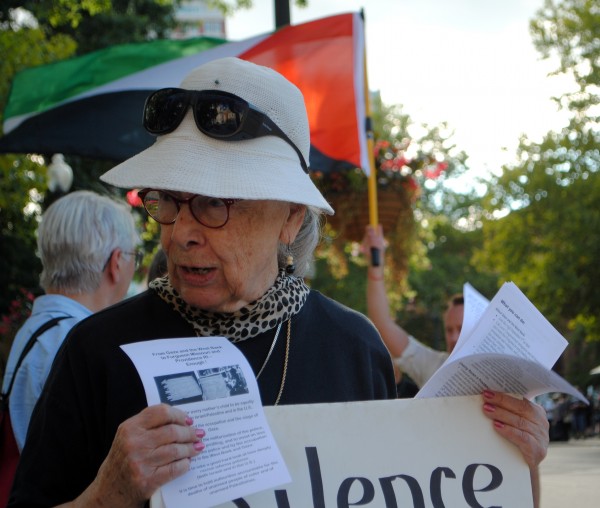
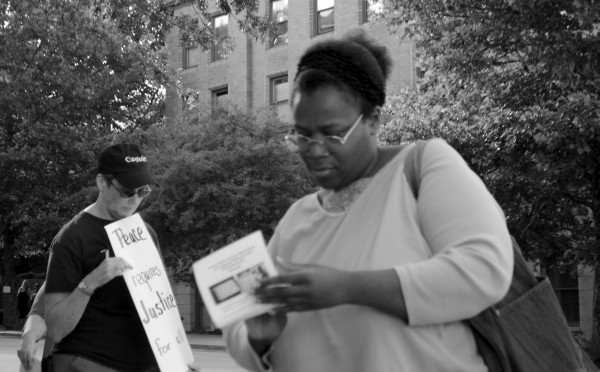
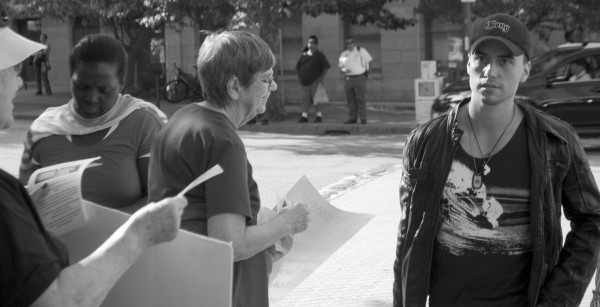
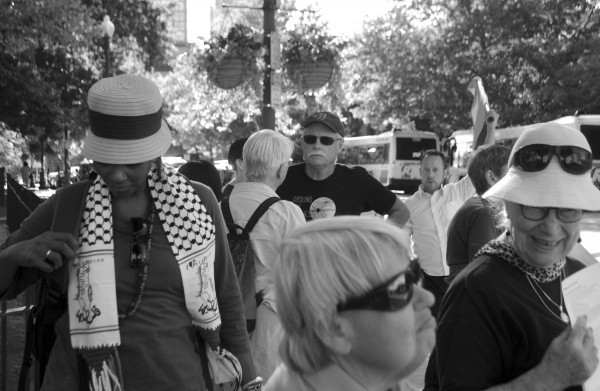
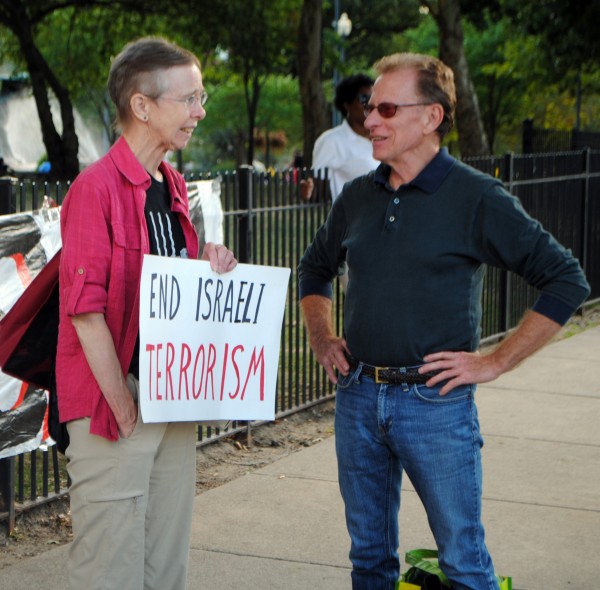
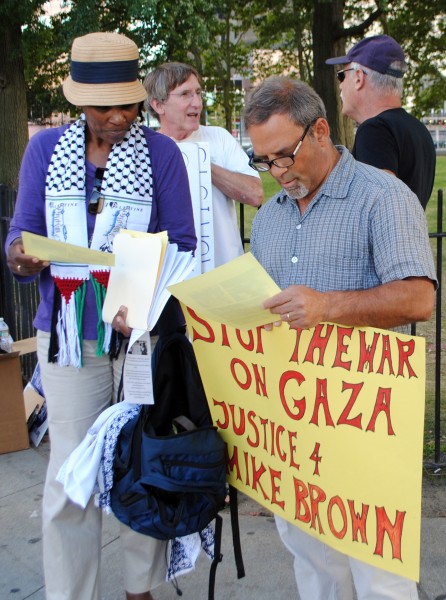


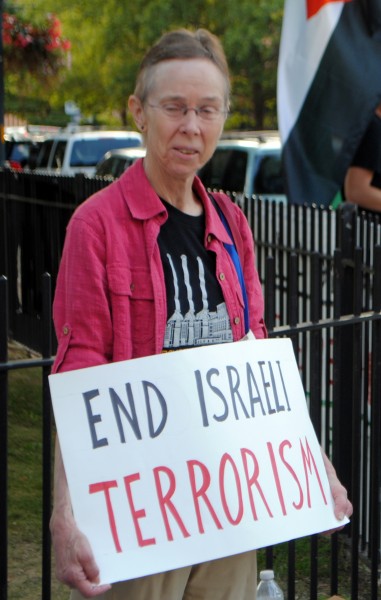
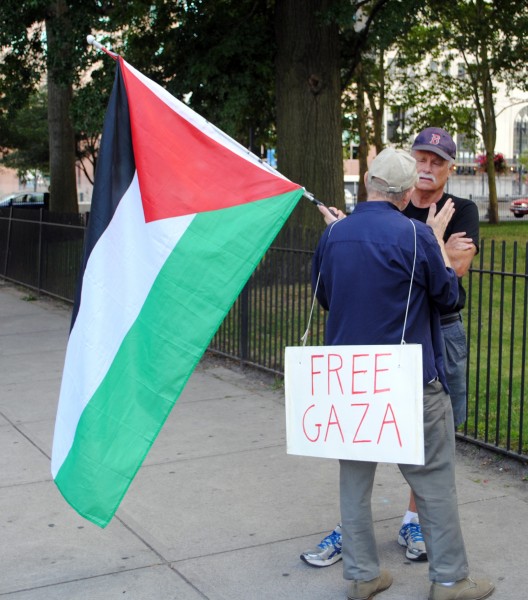
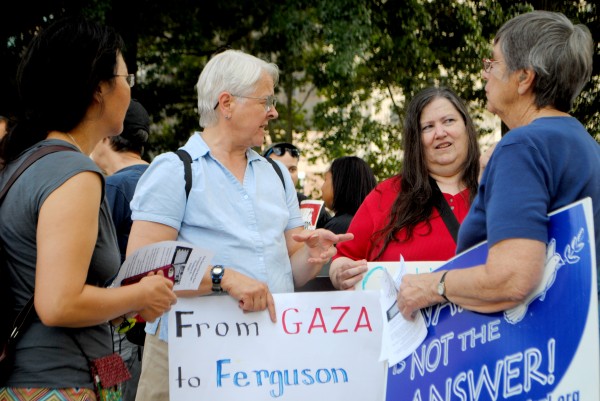
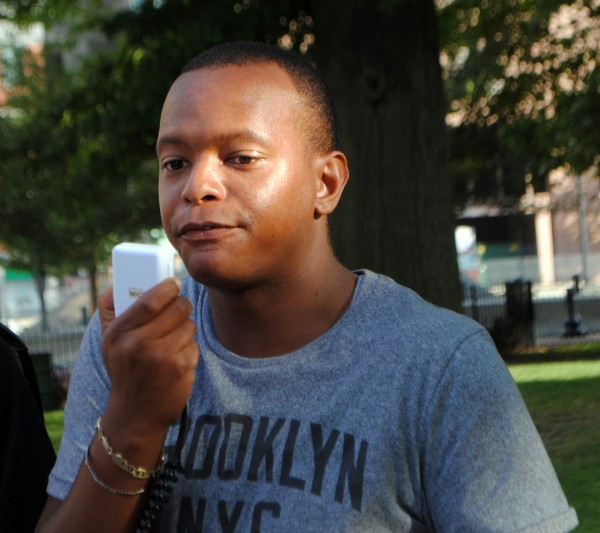
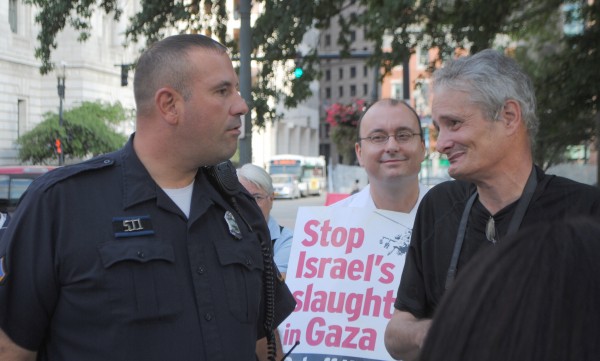
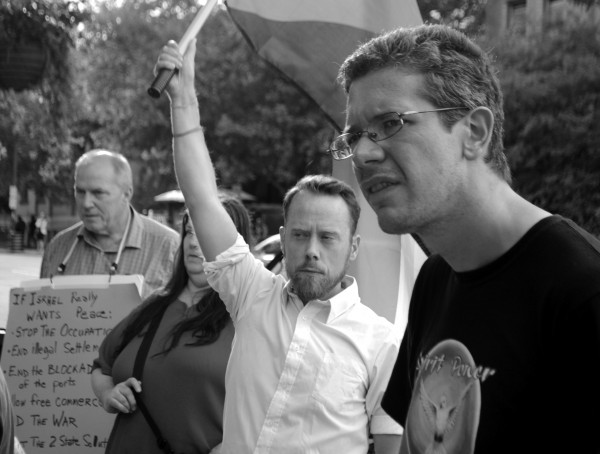
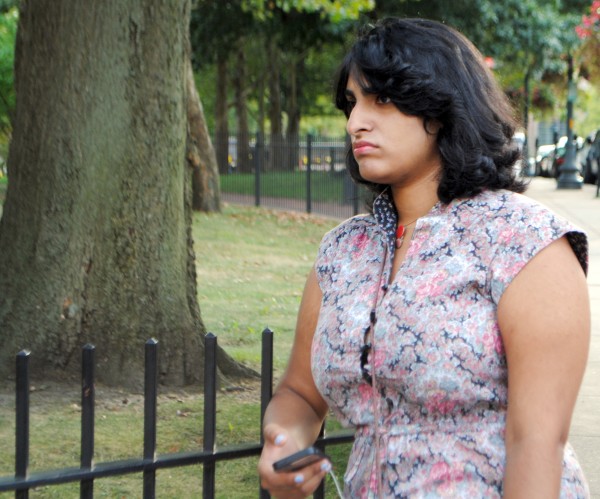
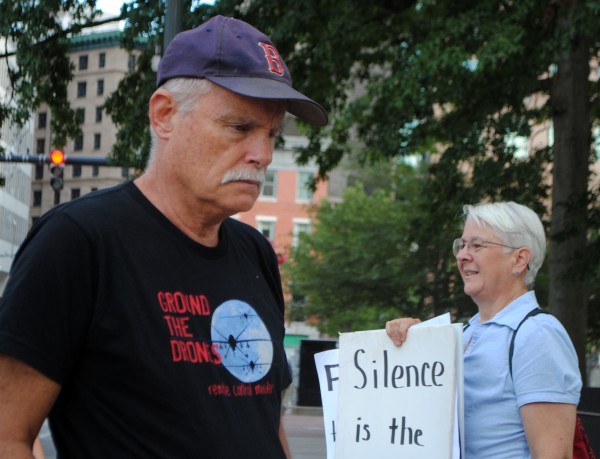
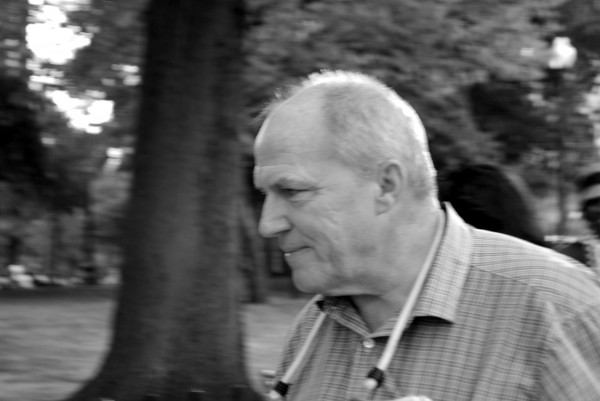
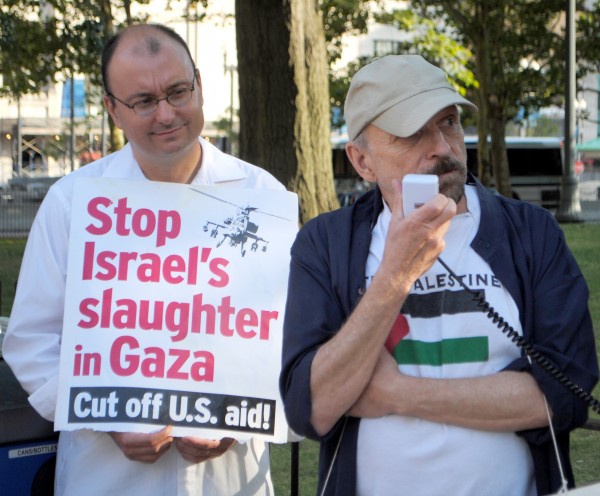
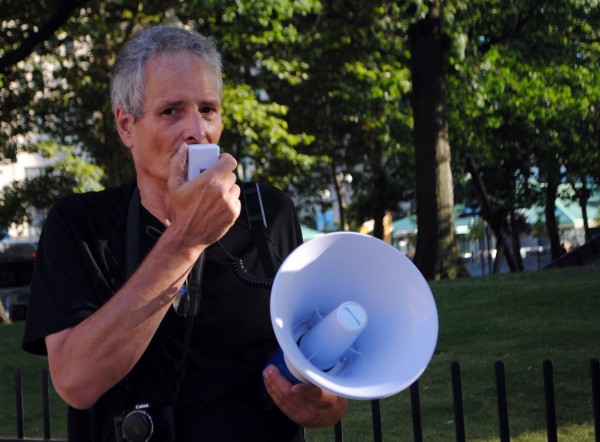
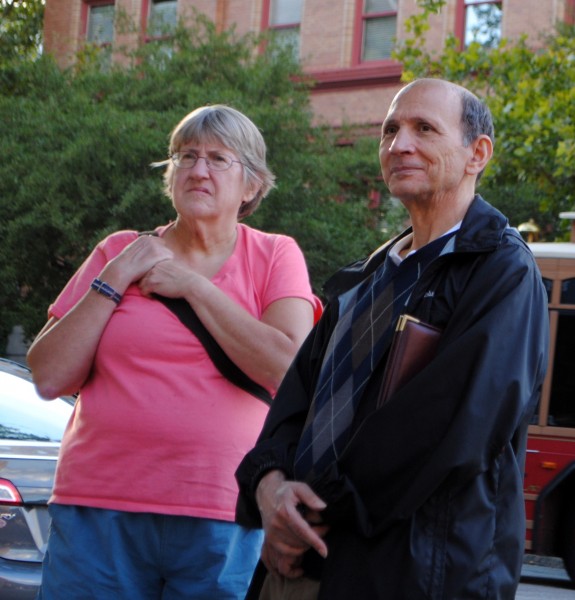
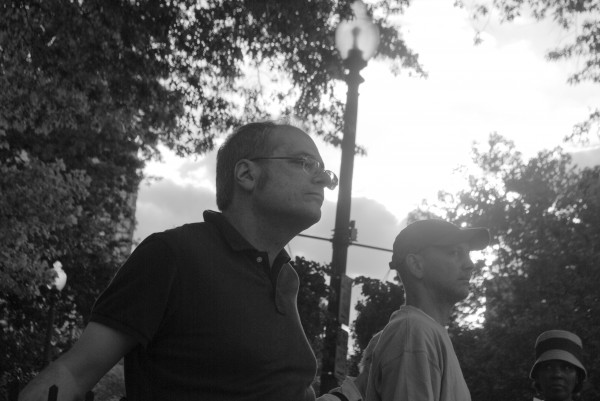
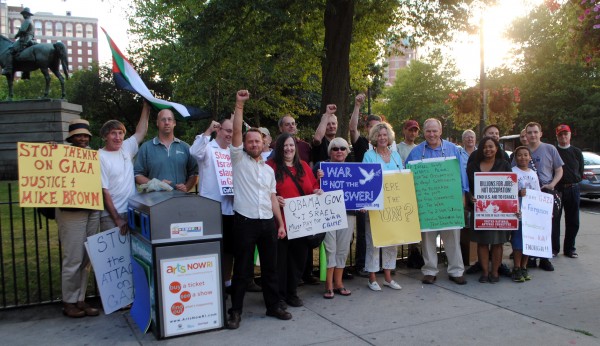
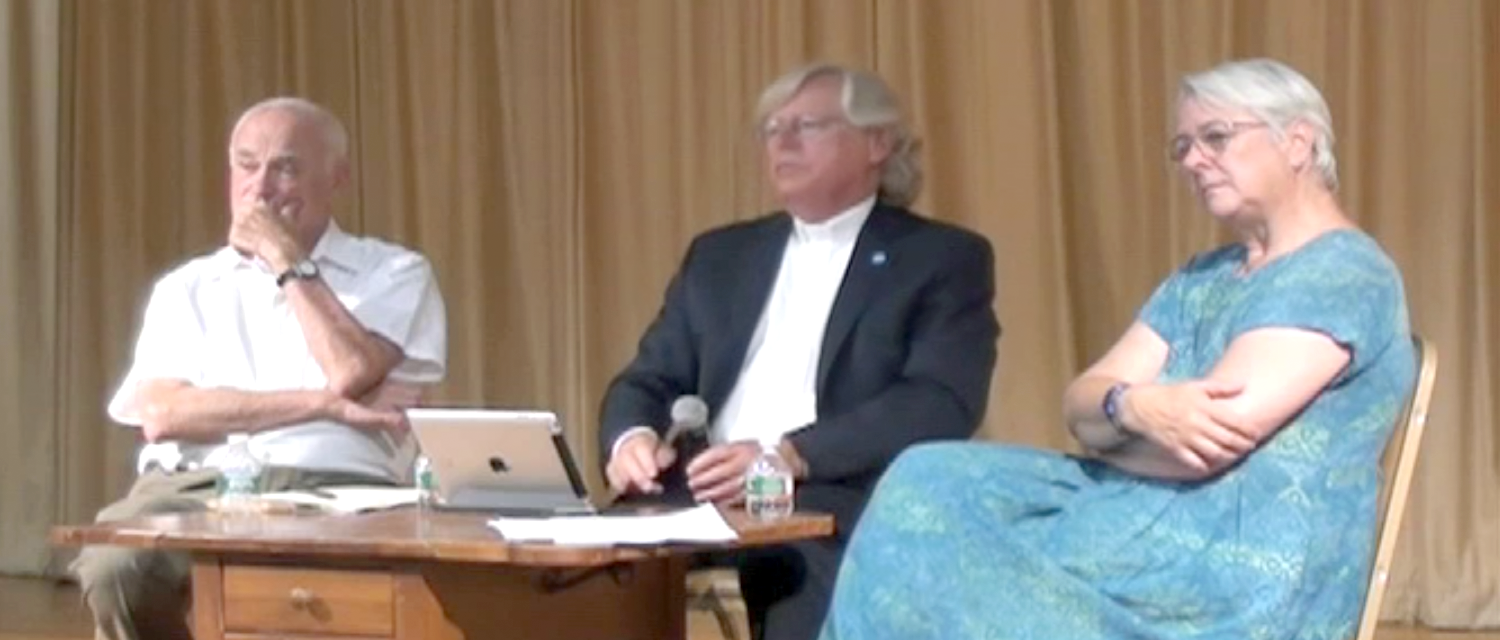
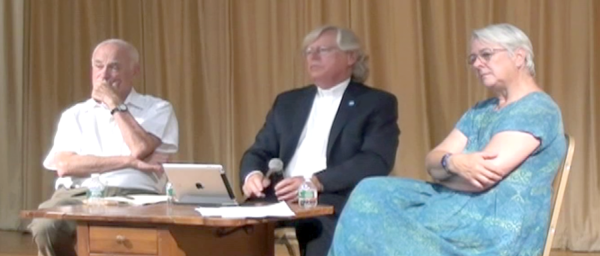
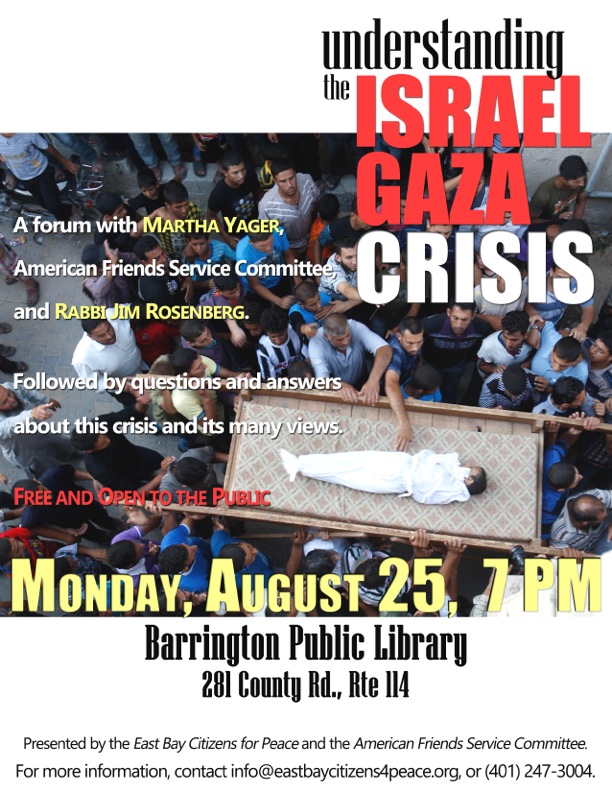
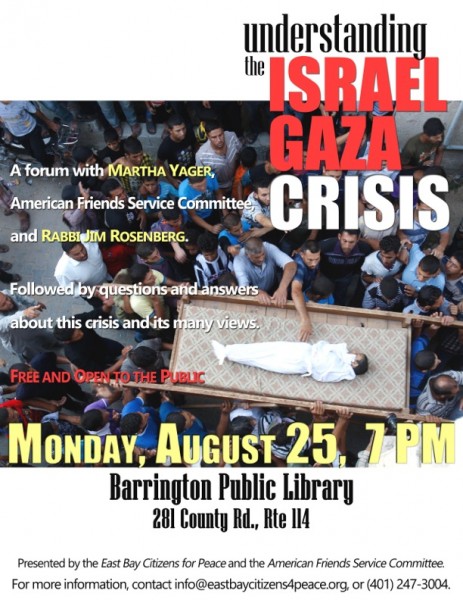 The ongoing state of war between Israel and Palestine that periodically erupts into catastrophic death and destruction does not easily lend itself to rational, compassionate discourse. Those who venture into this subject do so at the risk of being labeled apologists for genocide, accomplices to terrorism or some other conversation stopping label. Who are the brave souls willing to navigate these treacherous waters in Rhode Island?
The ongoing state of war between Israel and Palestine that periodically erupts into catastrophic death and destruction does not easily lend itself to rational, compassionate discourse. Those who venture into this subject do so at the risk of being labeled apologists for genocide, accomplices to terrorism or some other conversation stopping label. Who are the brave souls willing to navigate these treacherous waters in Rhode Island?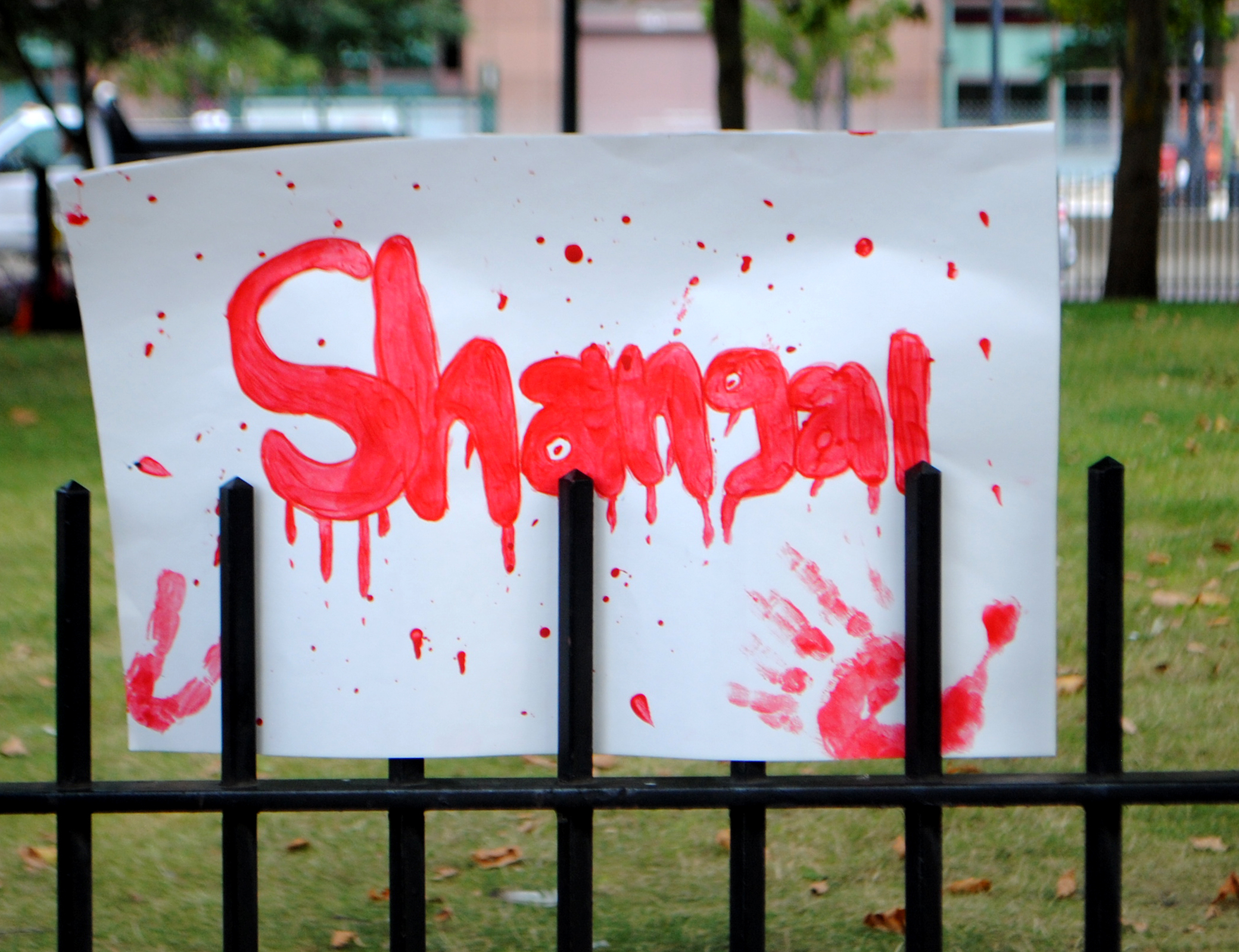
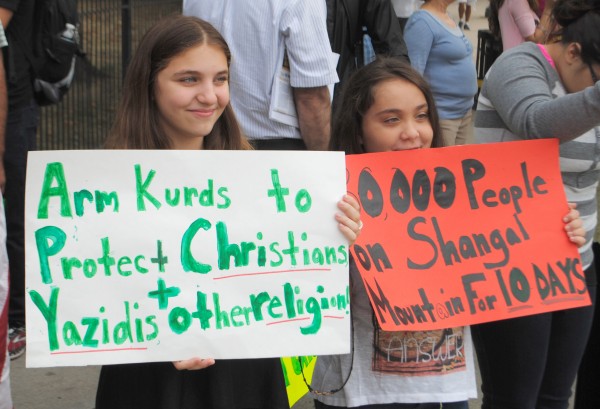 30,000 Yazidi Kurds face imminent starvation as they huddle on Shangal Mountain in Northern Iraq. The Yazidi refugees are escaping ISIS, an Islamist, terrorist army that has pledged to destroy them because of their religious differences. The New England Kurdish Association (NEKA) held a rally on Tuesday to highlight the plight of the Yazidis. The Yazidi people, whose culture and religion is twice as old as Christianity, face extinction, yet the United States is reluctant to get sucked back into Iraq, so soon after pulling out our troops.
30,000 Yazidi Kurds face imminent starvation as they huddle on Shangal Mountain in Northern Iraq. The Yazidi refugees are escaping ISIS, an Islamist, terrorist army that has pledged to destroy them because of their religious differences. The New England Kurdish Association (NEKA) held a rally on Tuesday to highlight the plight of the Yazidis. The Yazidi people, whose culture and religion is twice as old as Christianity, face extinction, yet the United States is reluctant to get sucked back into Iraq, so soon after pulling out our troops.